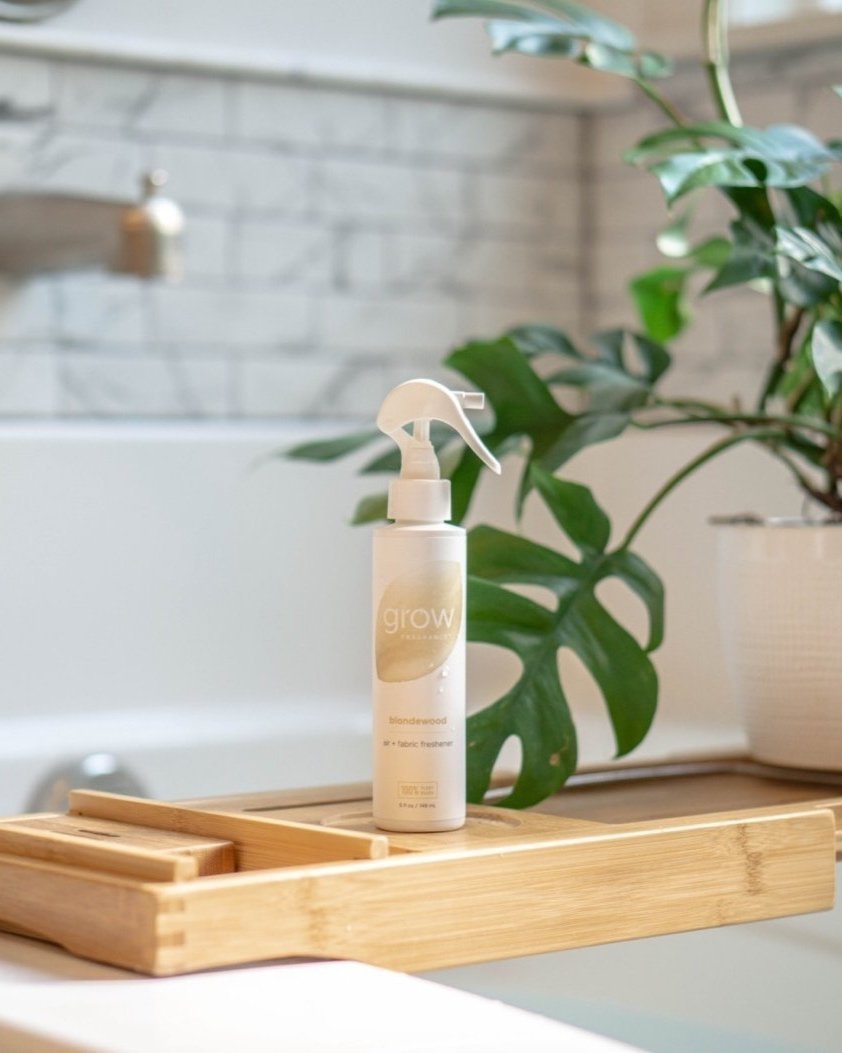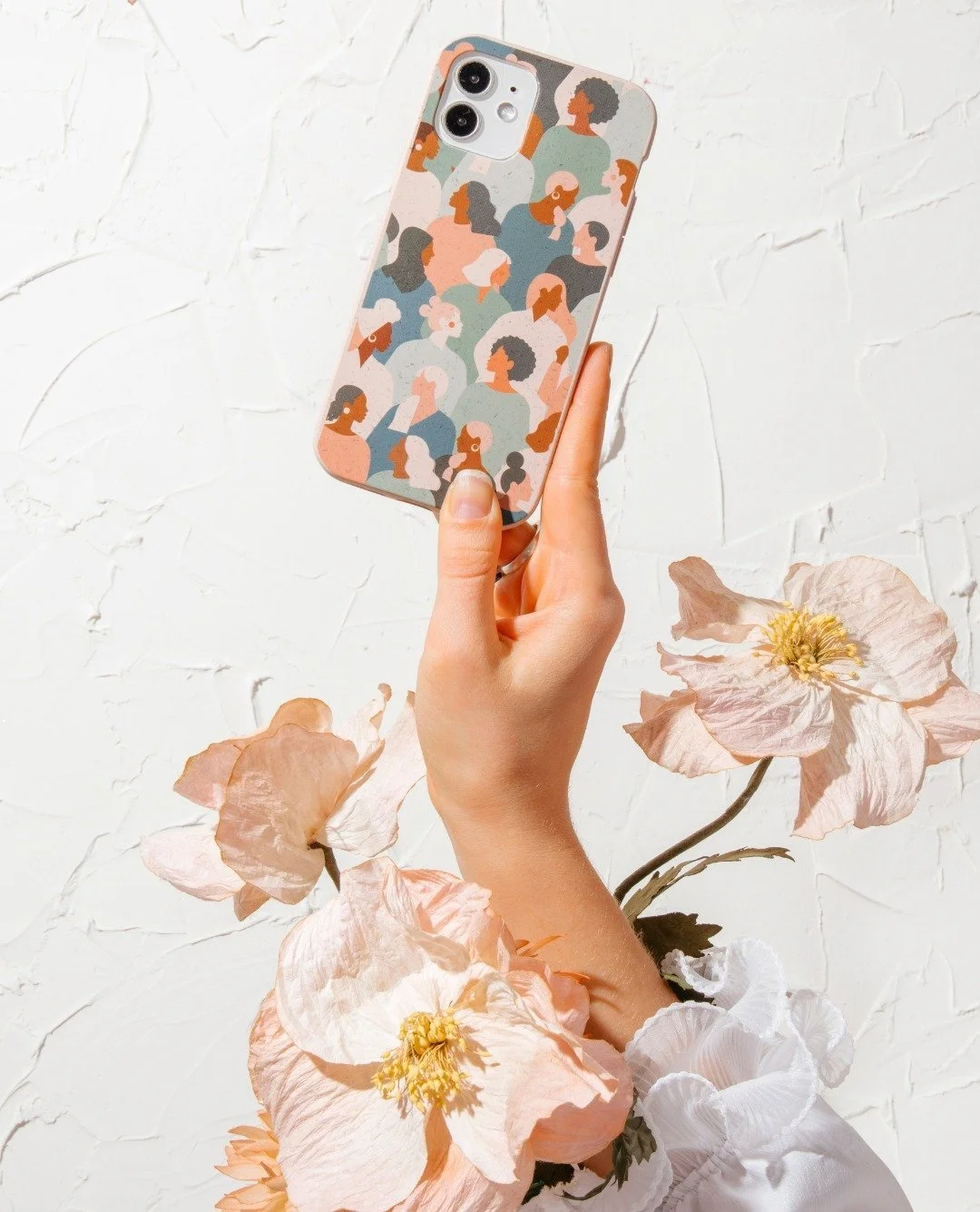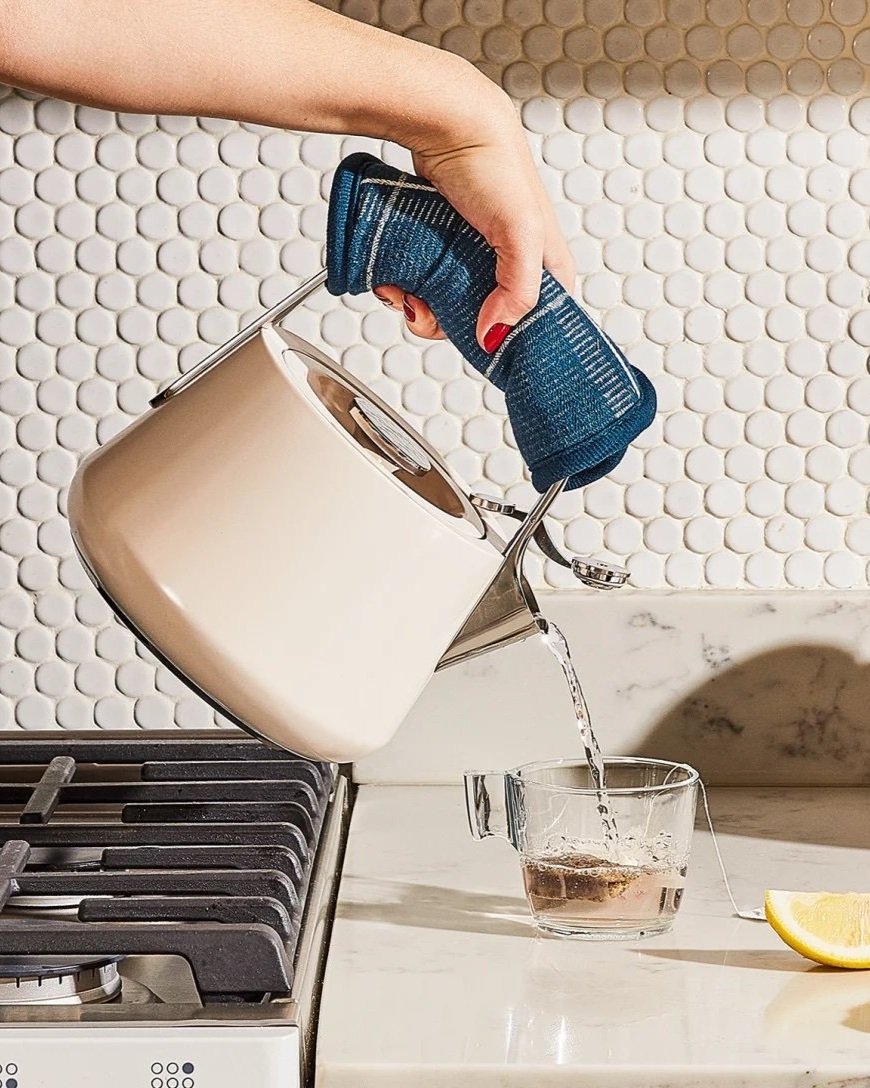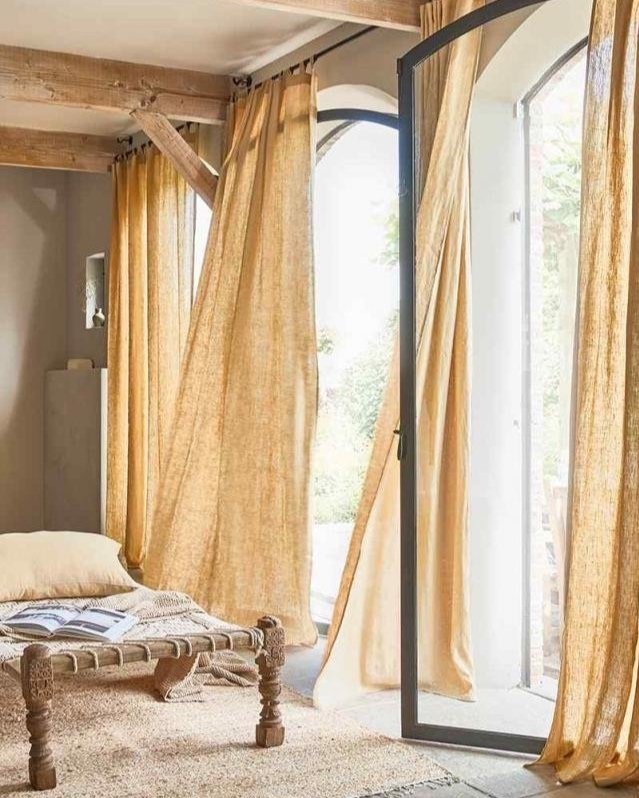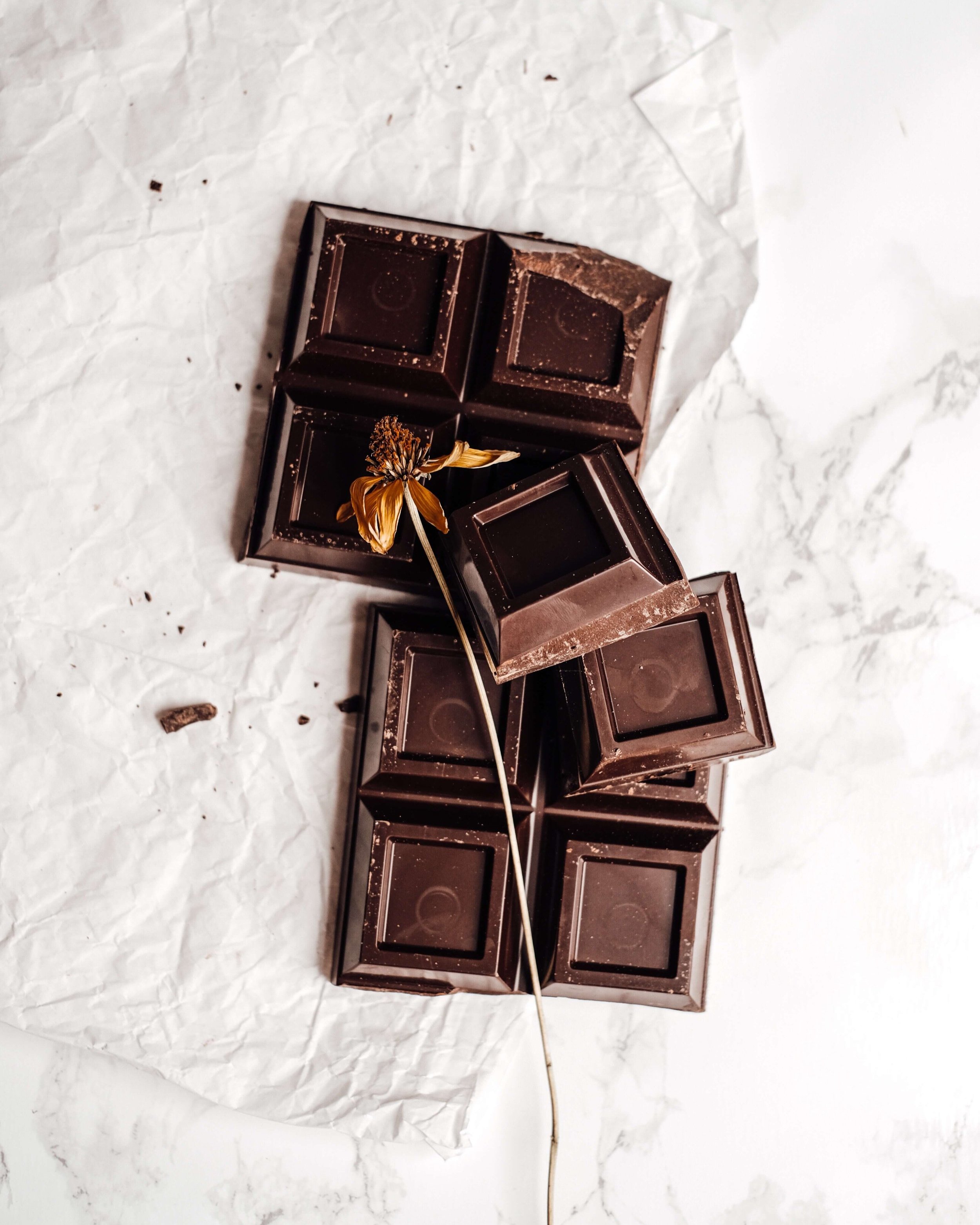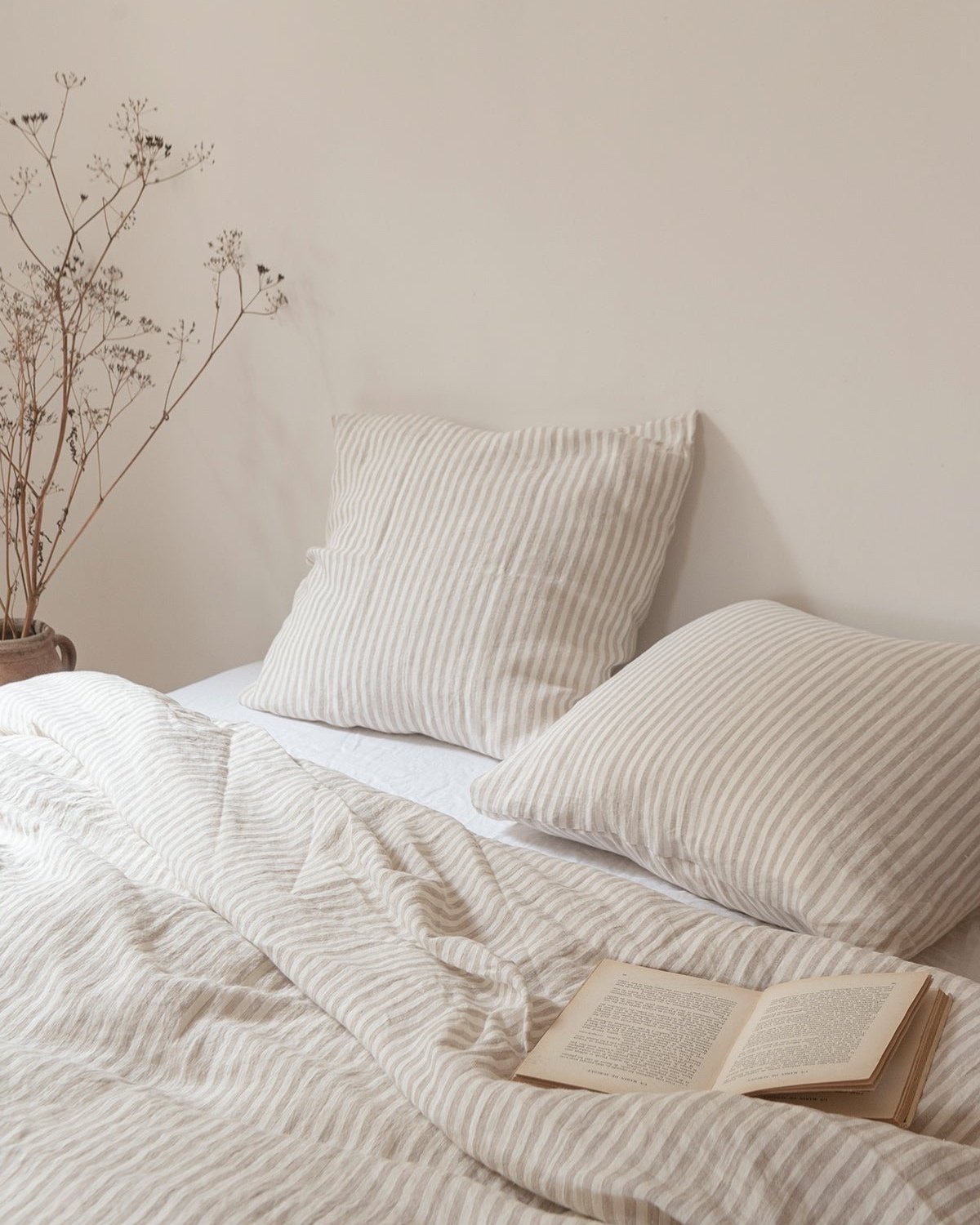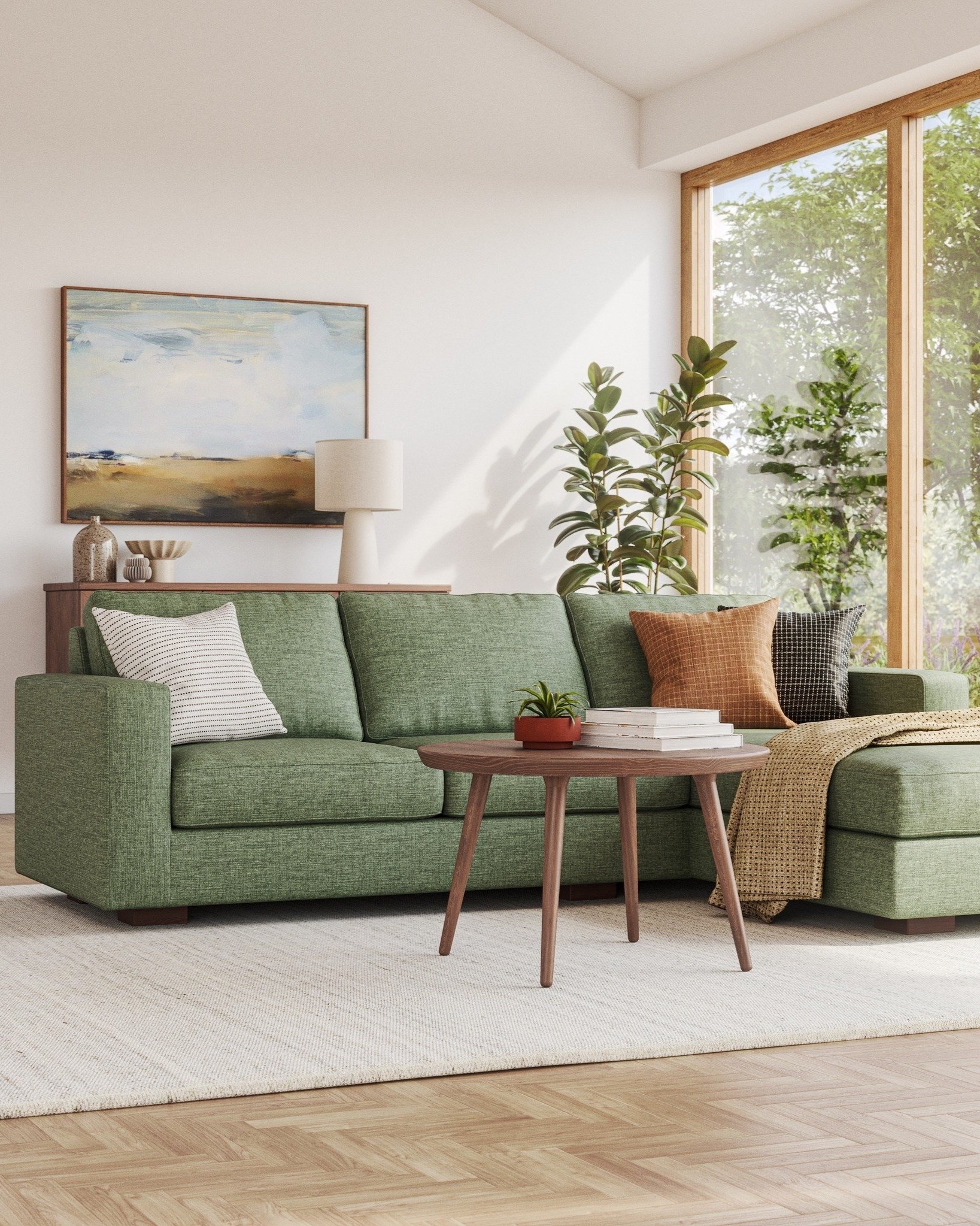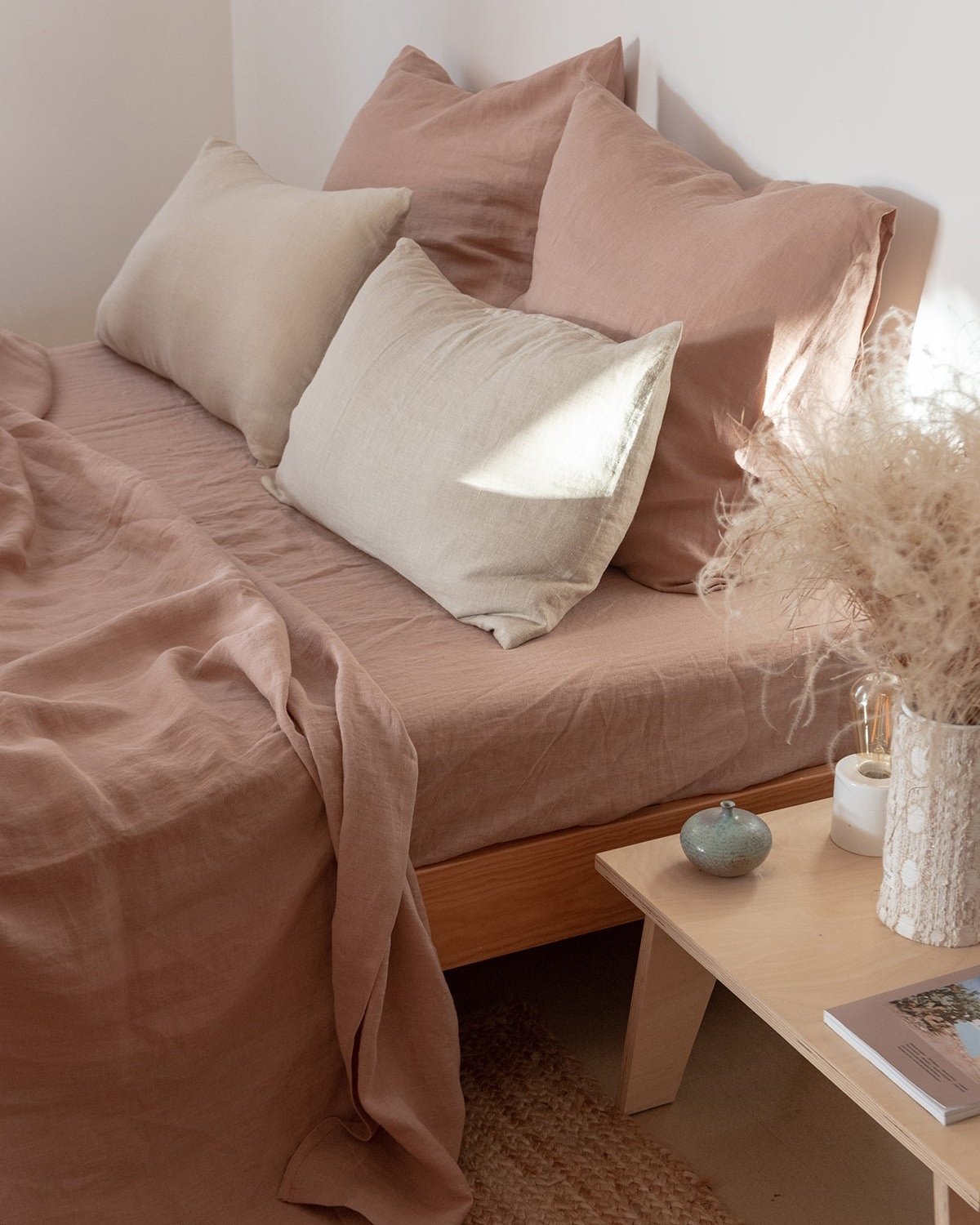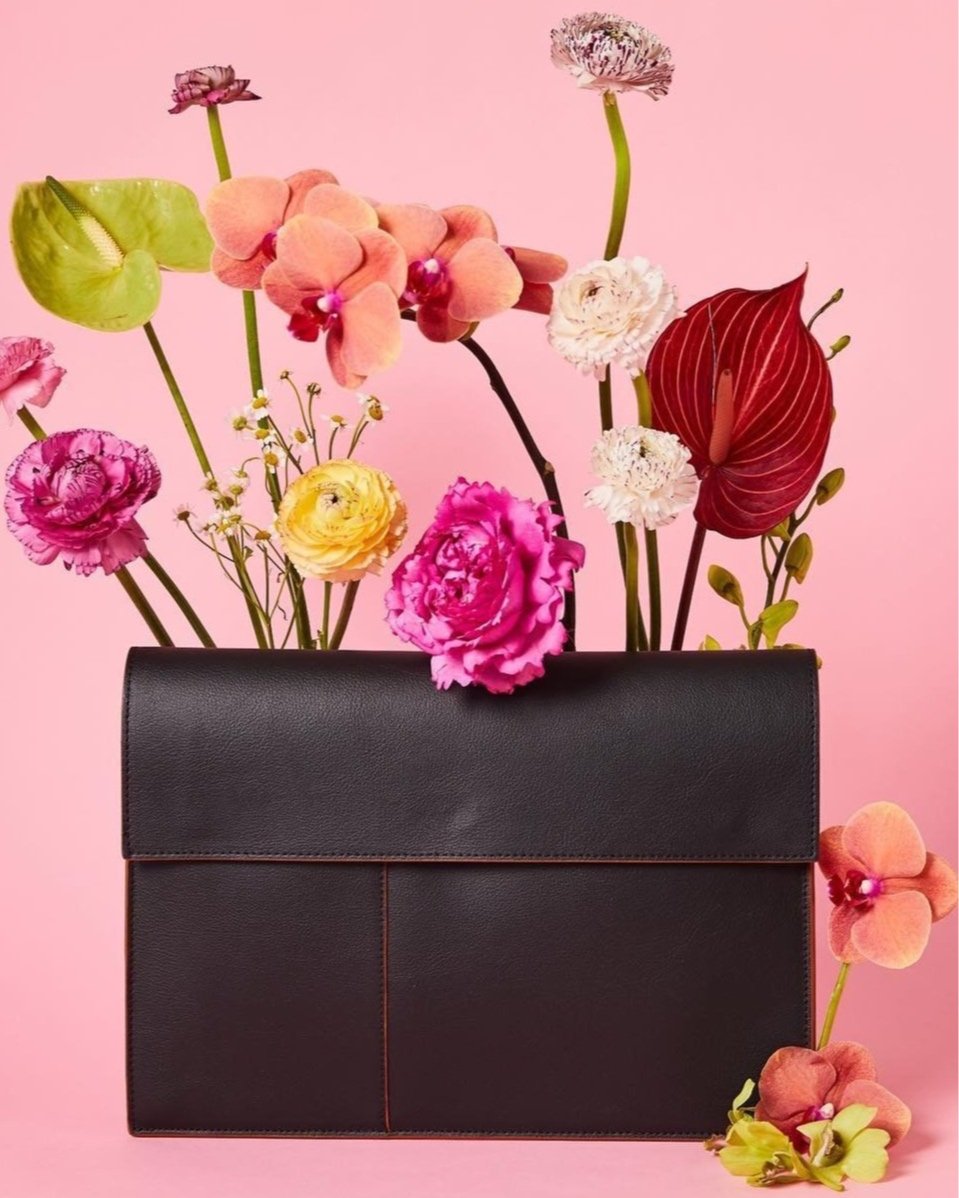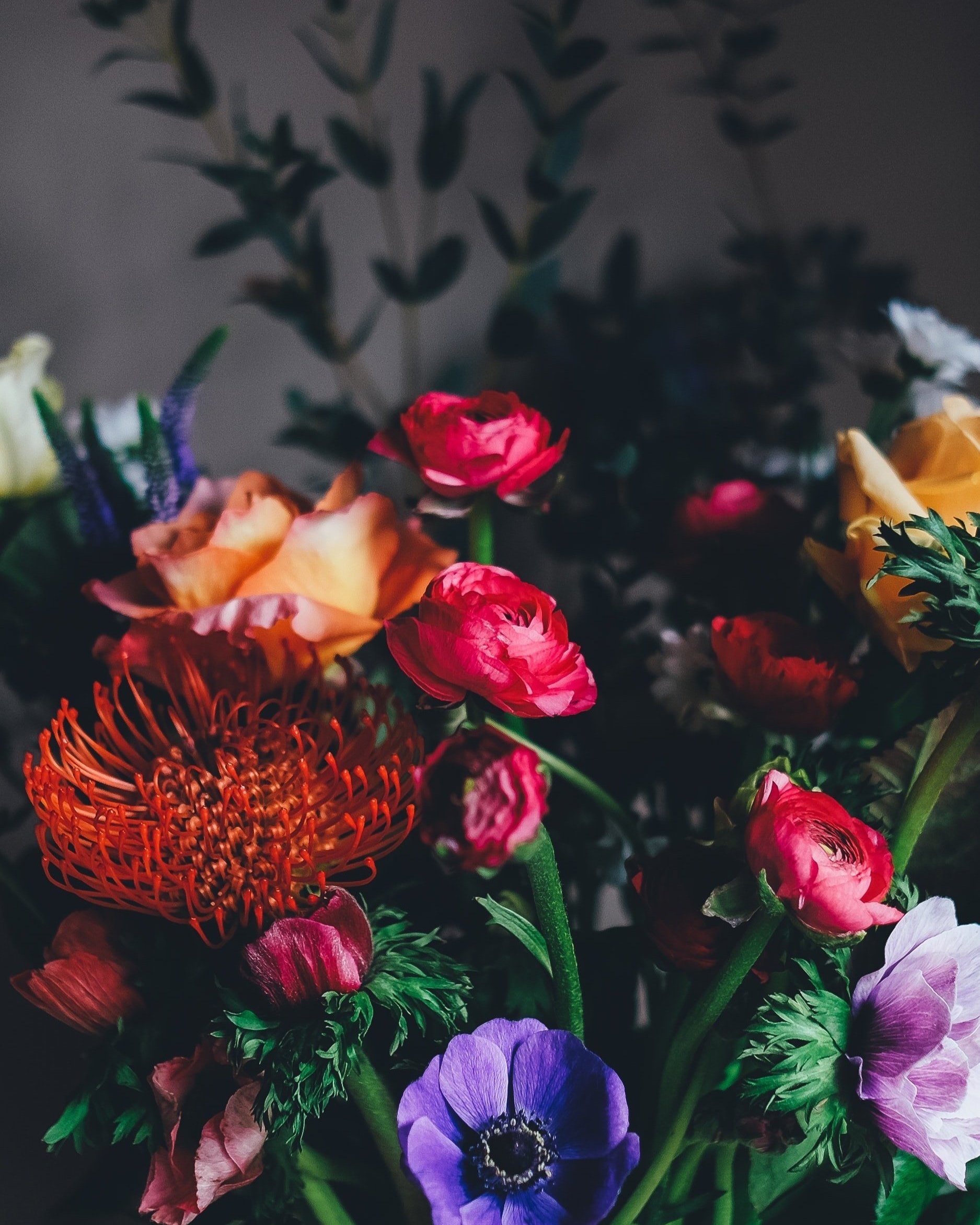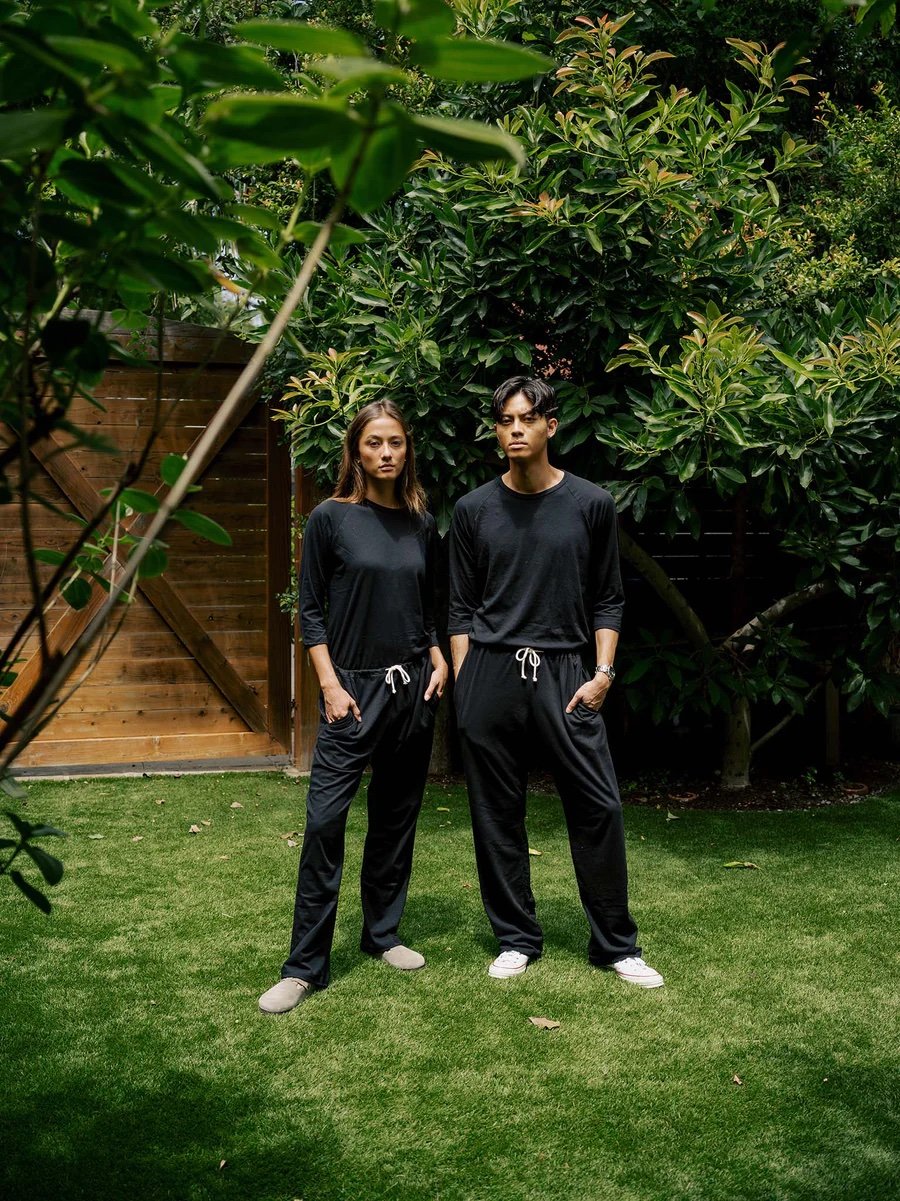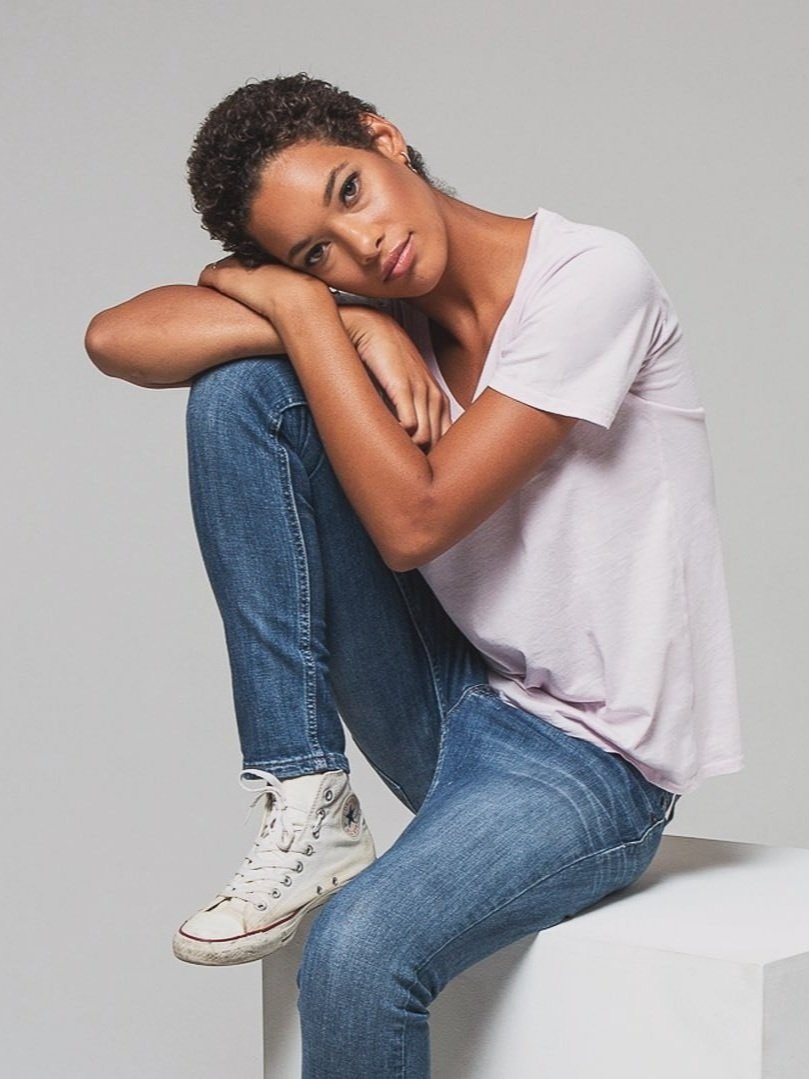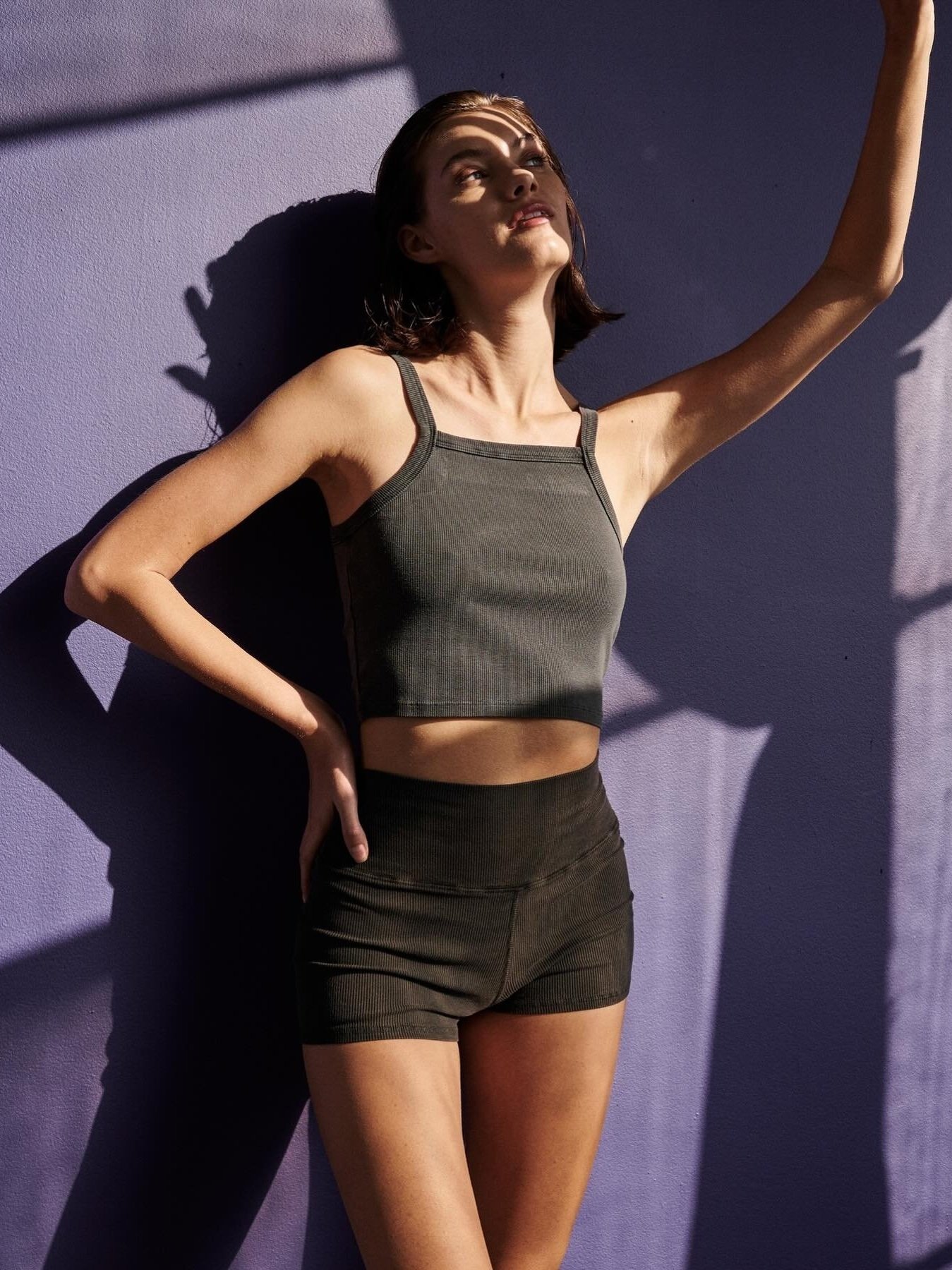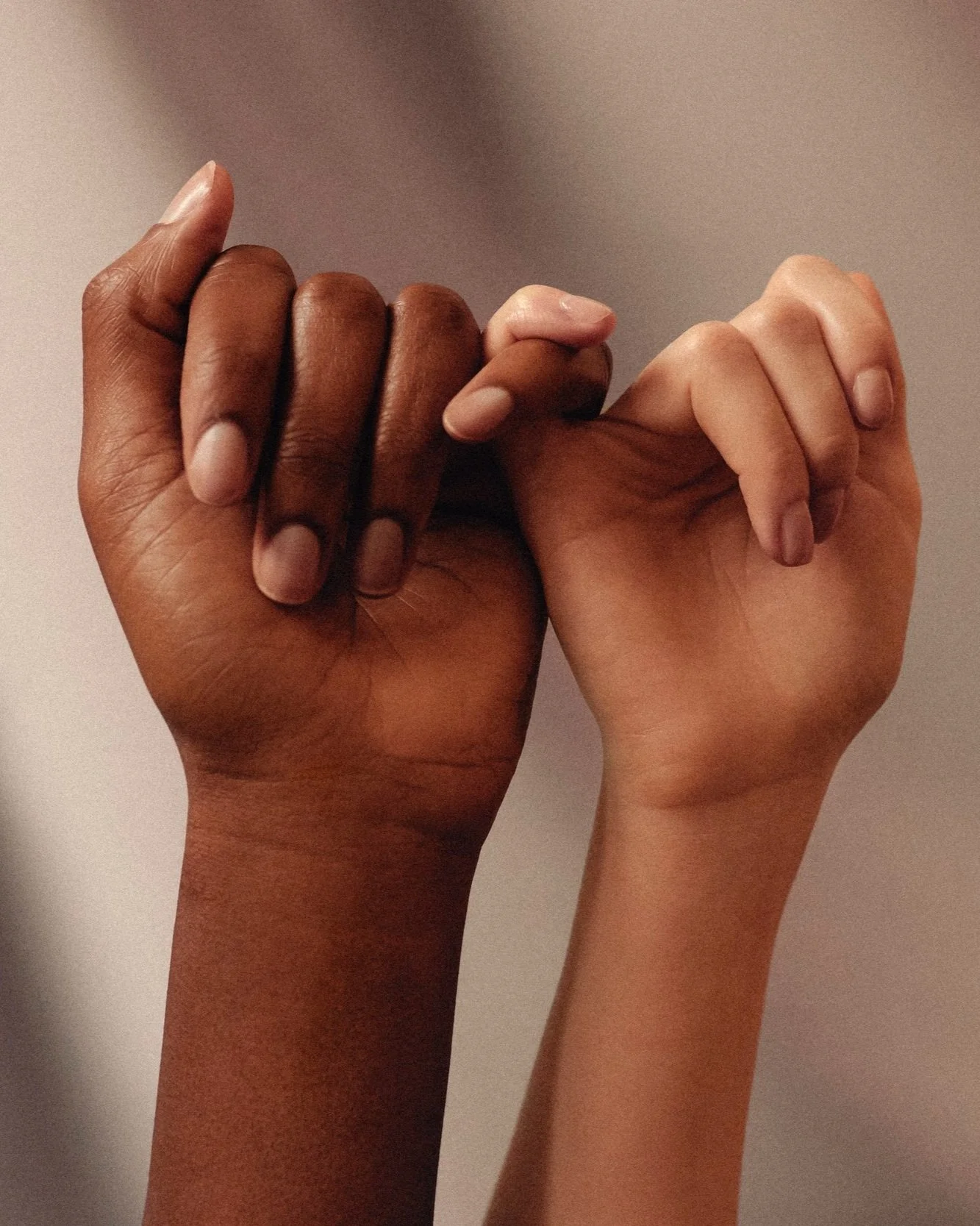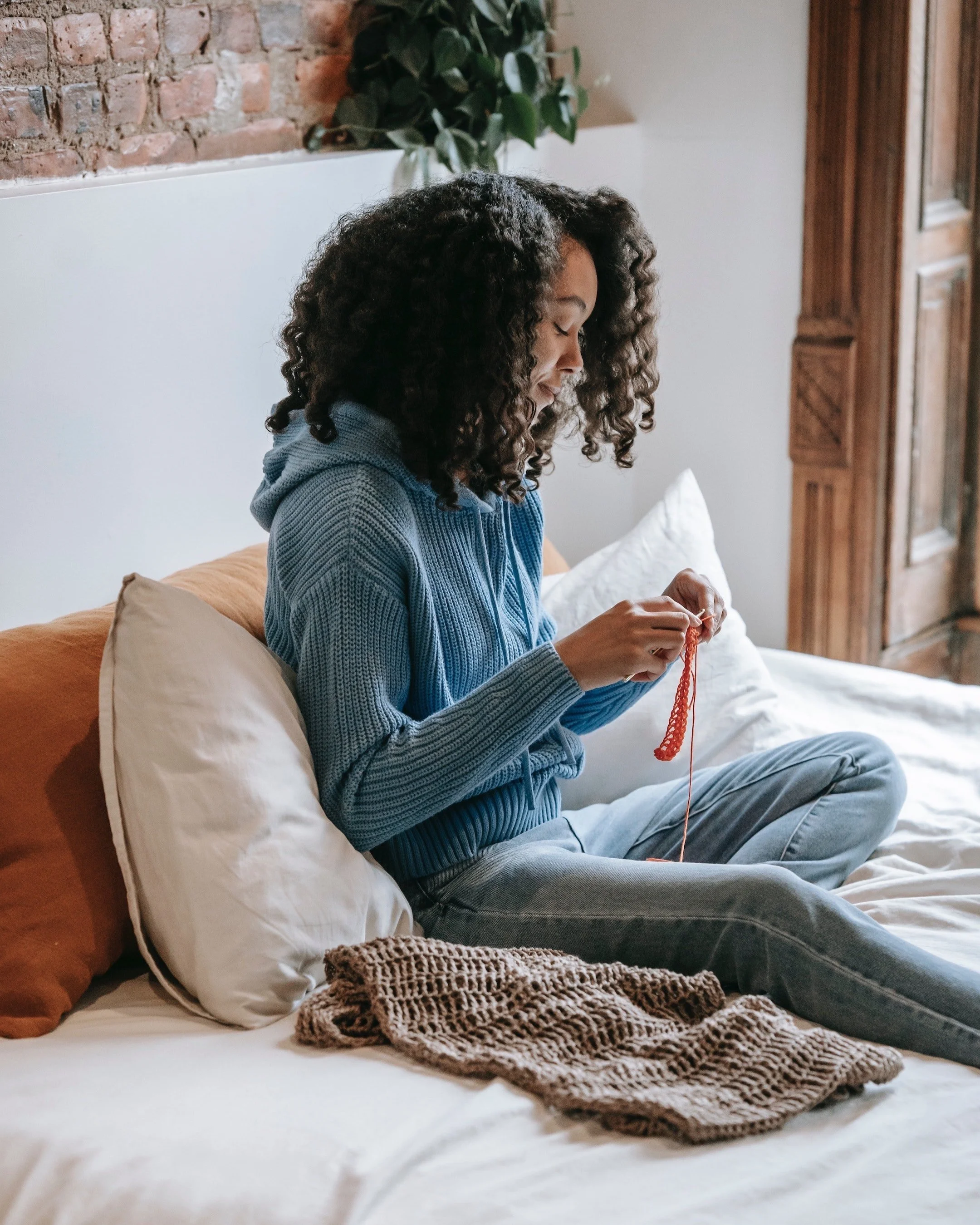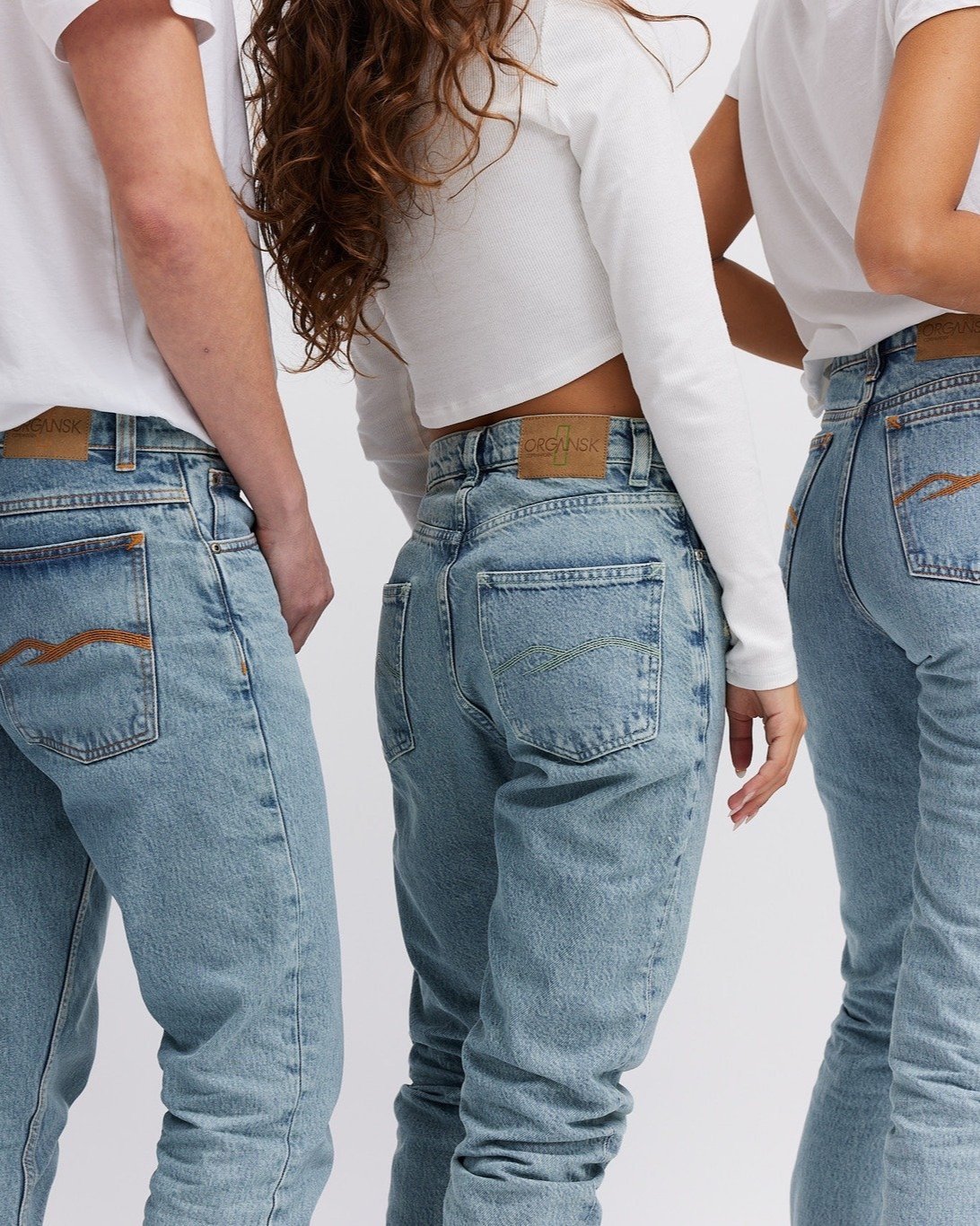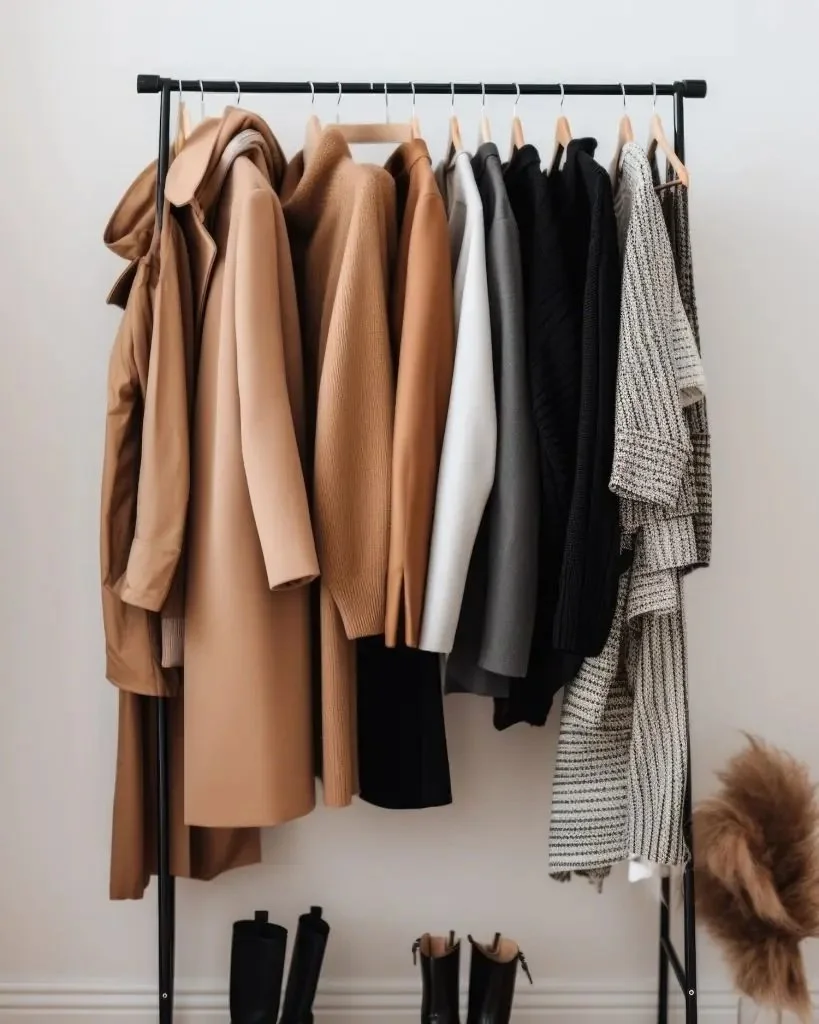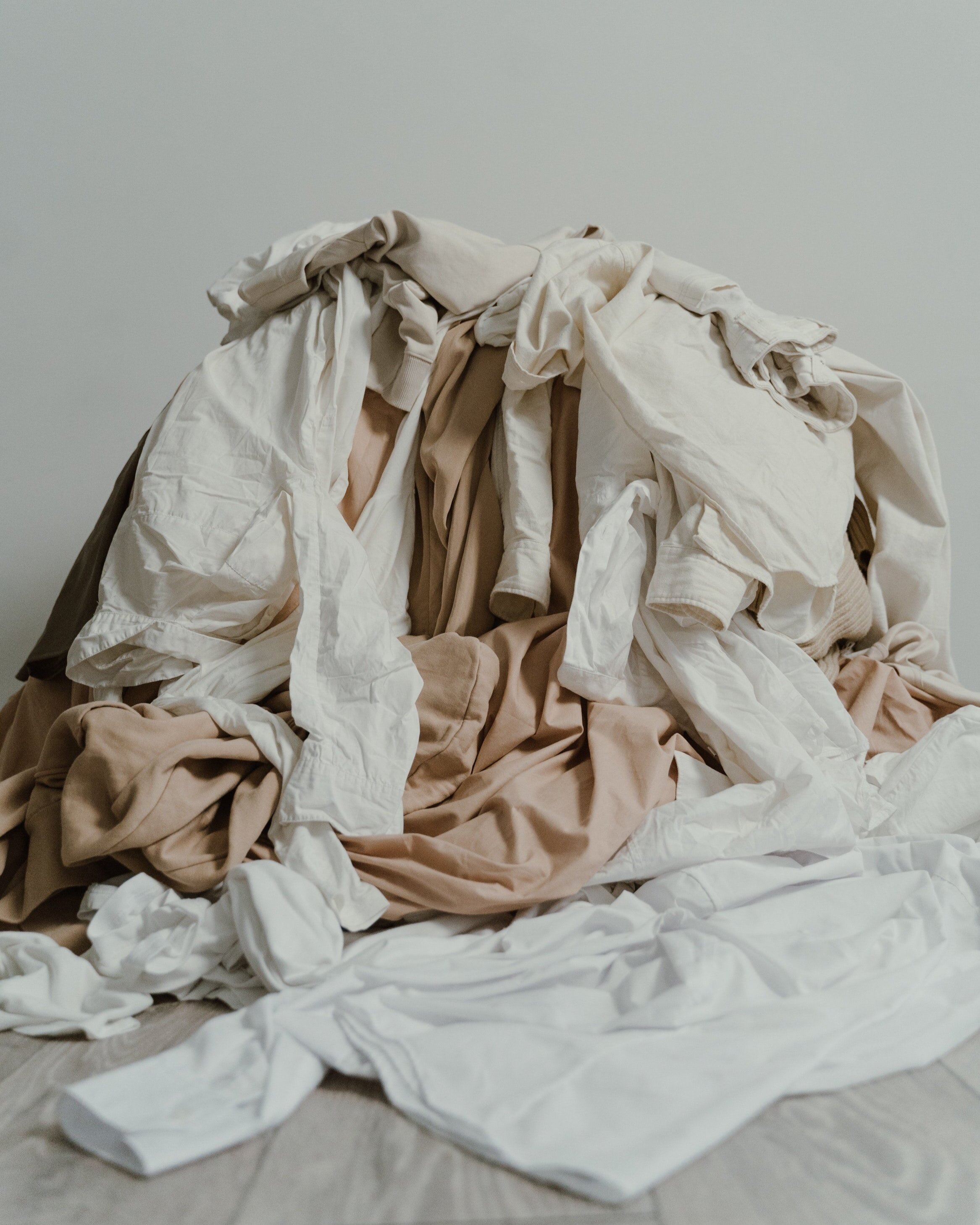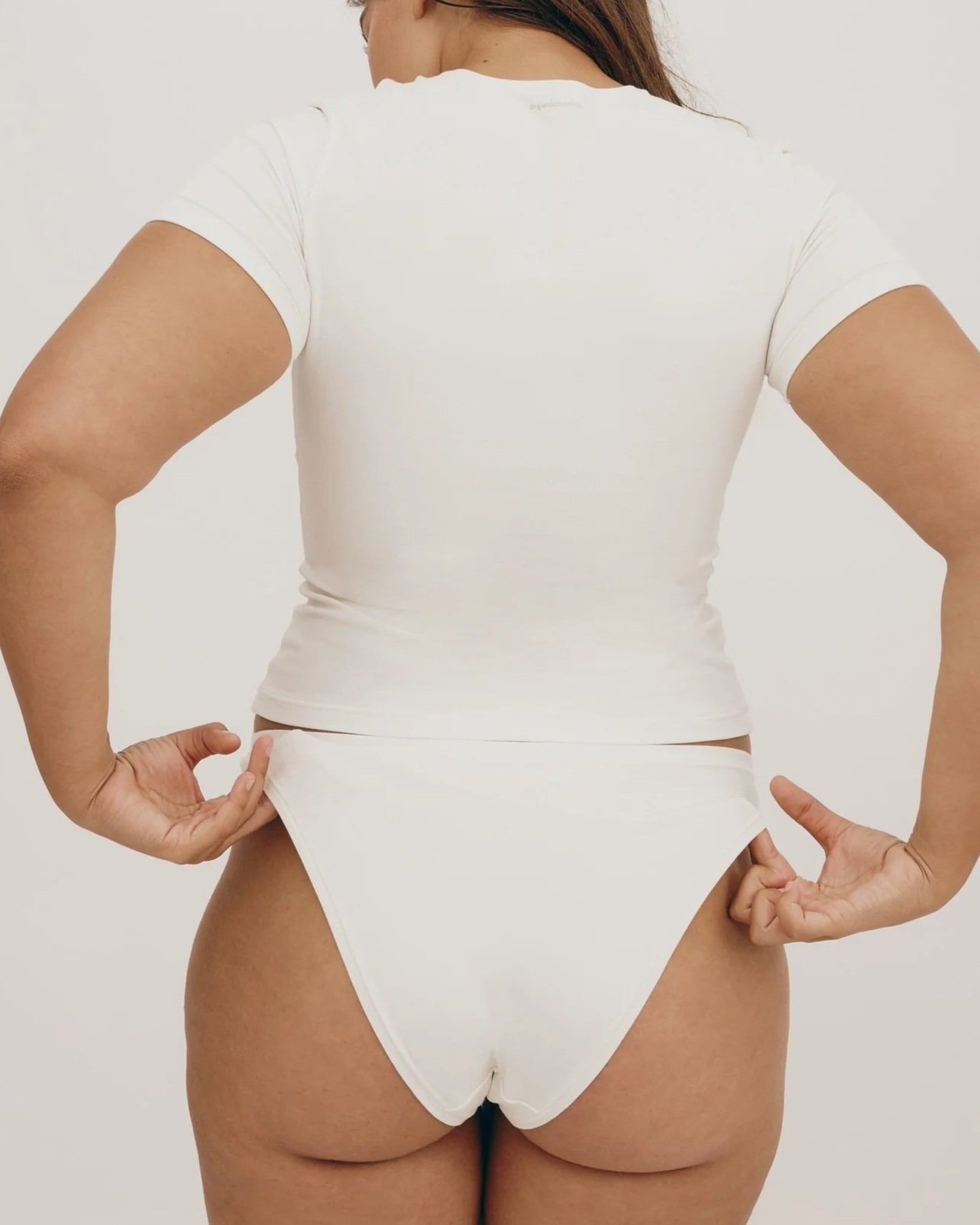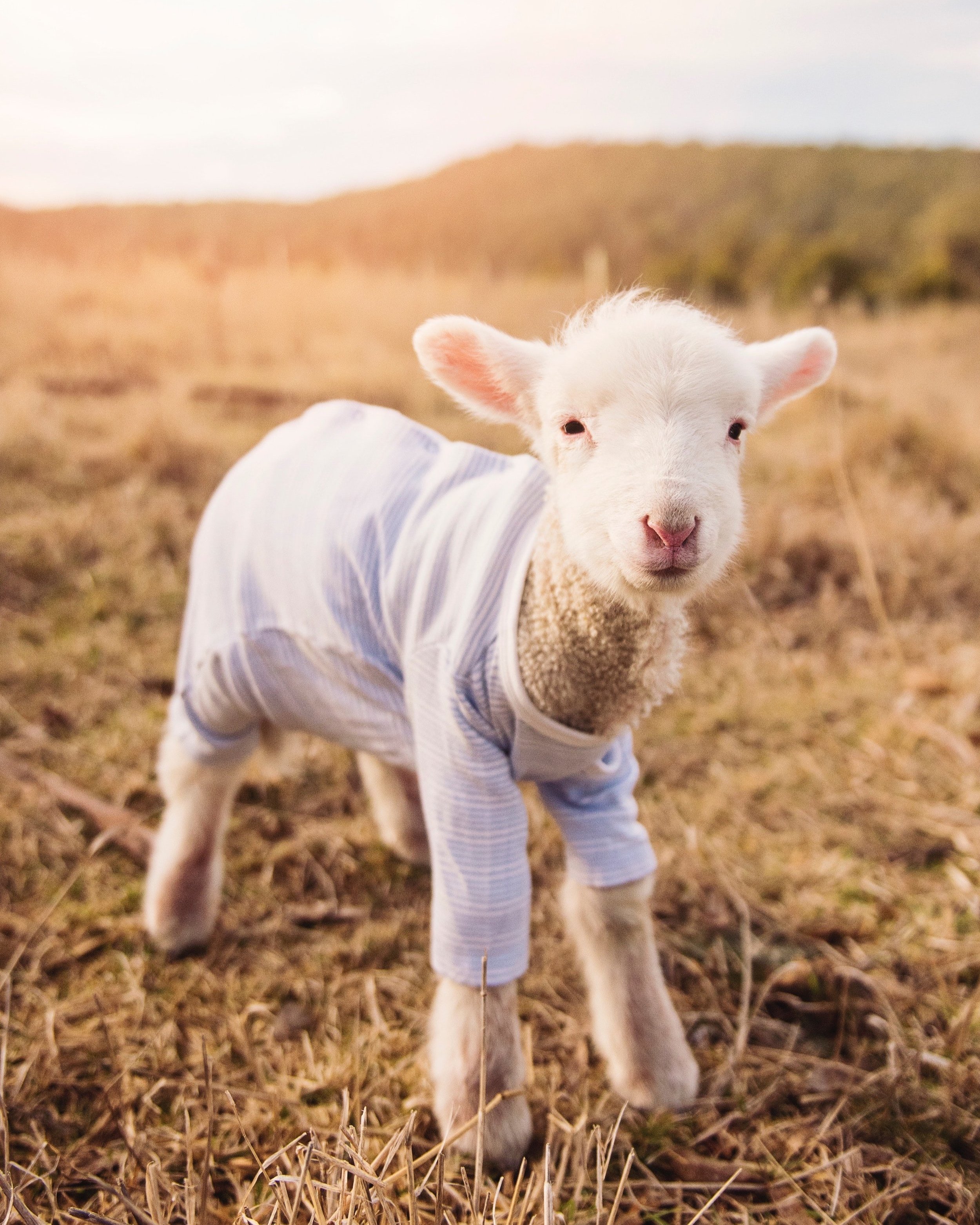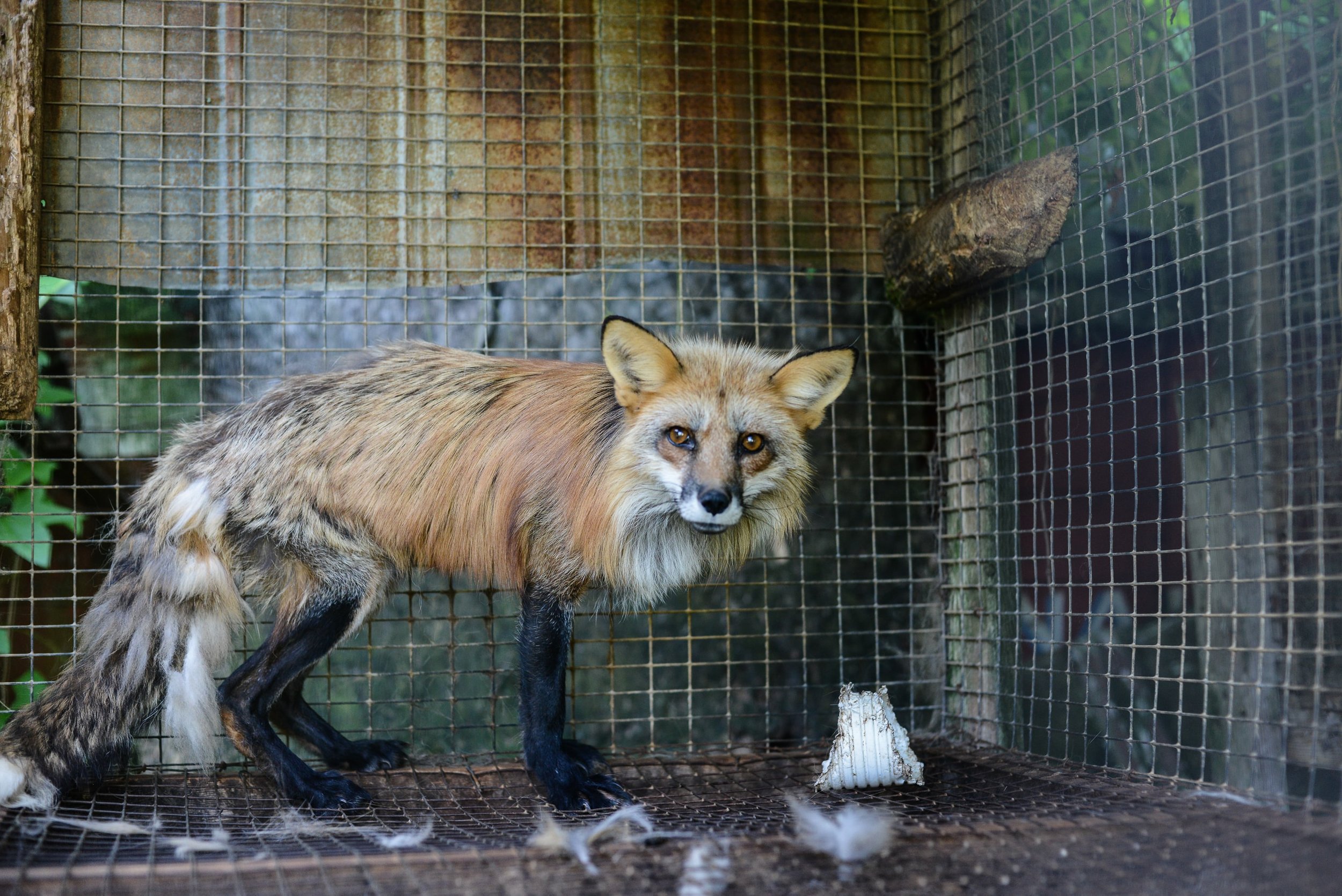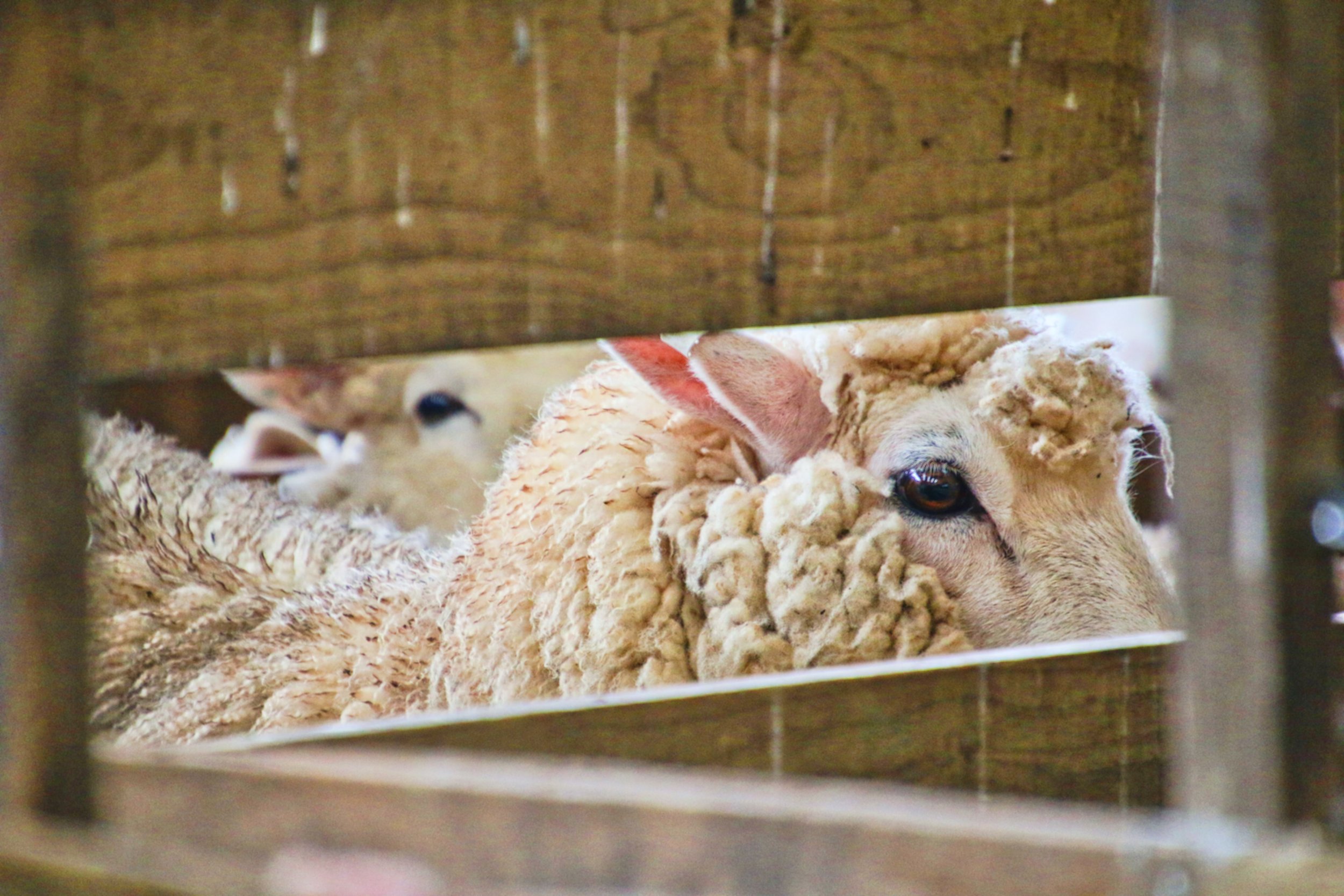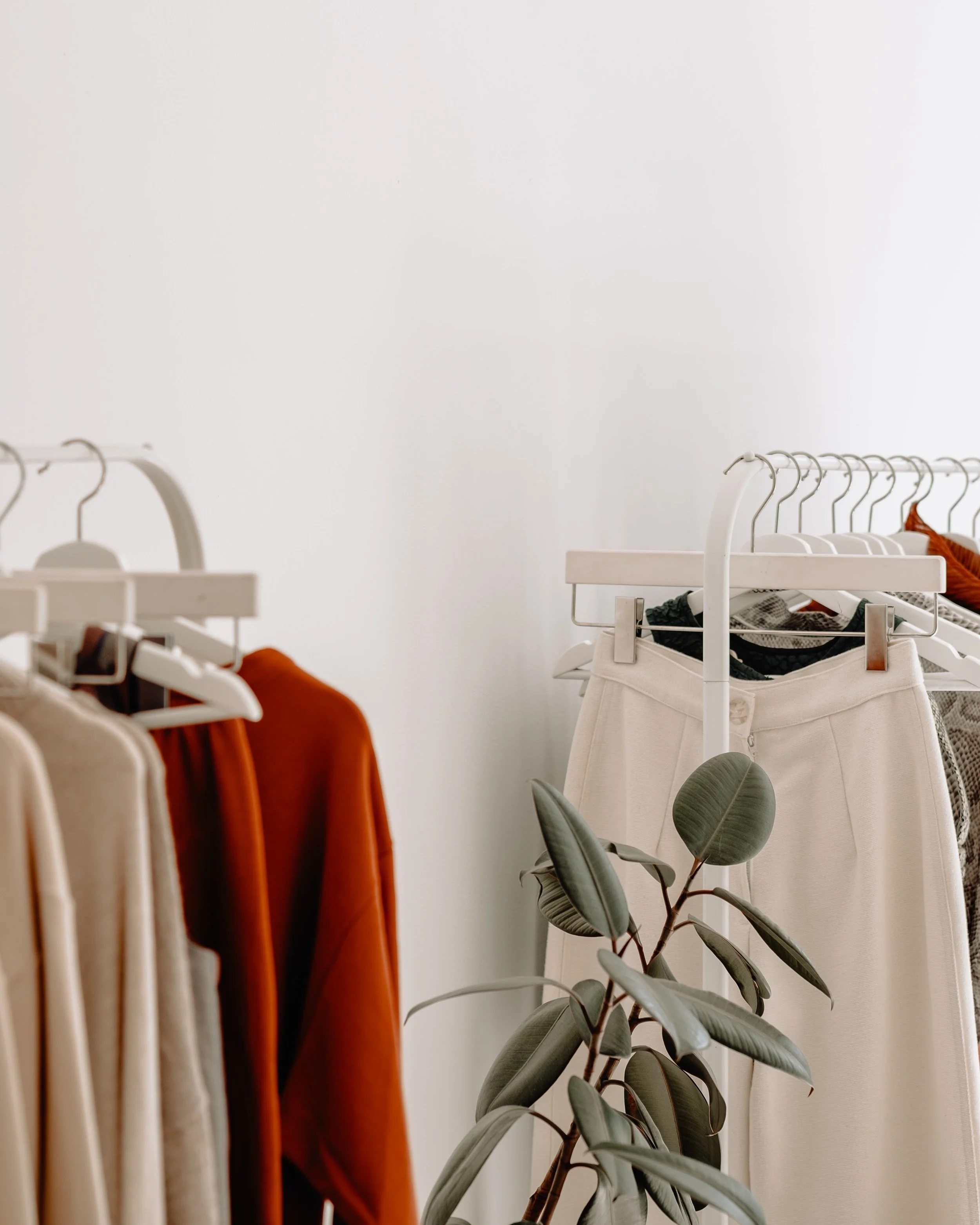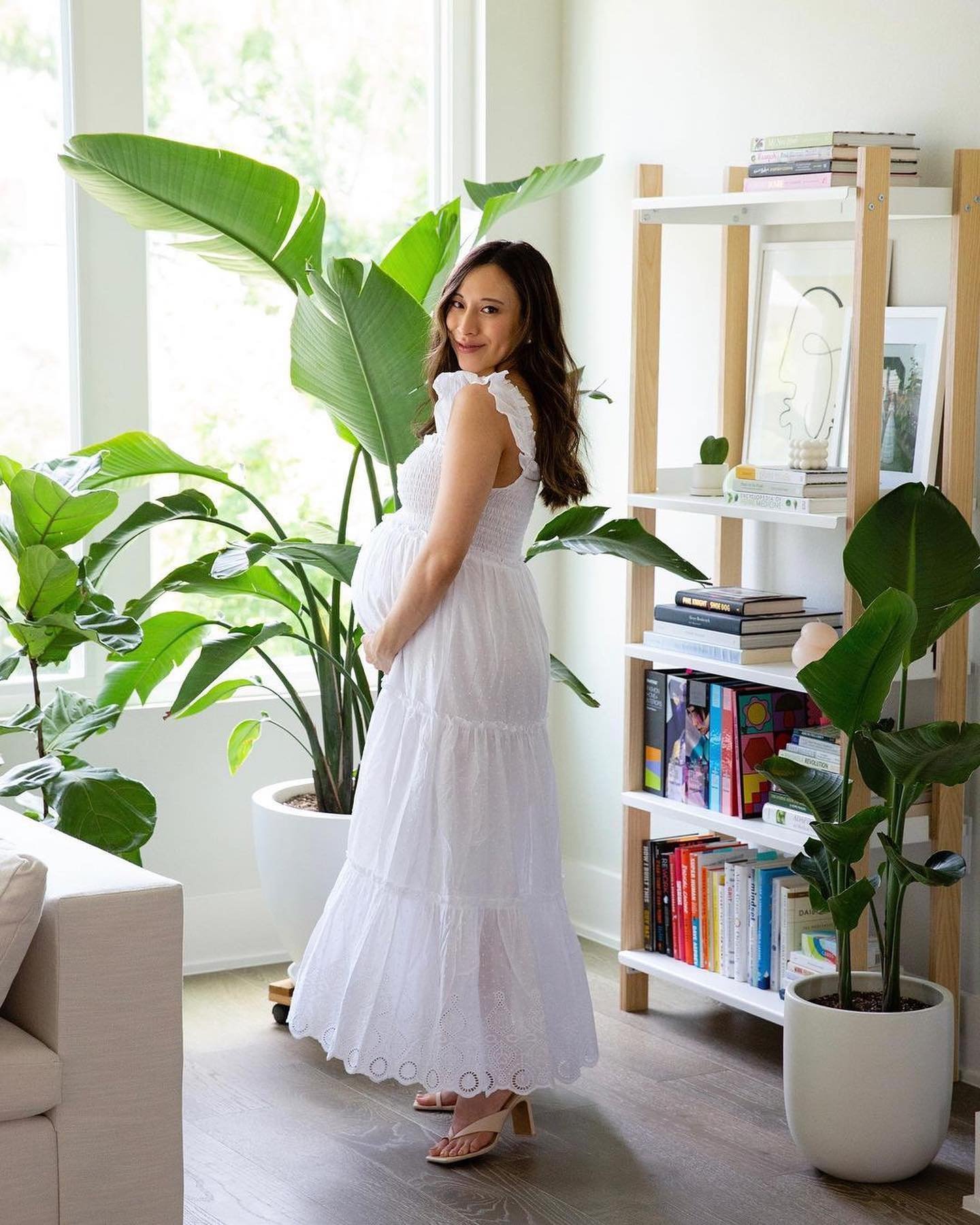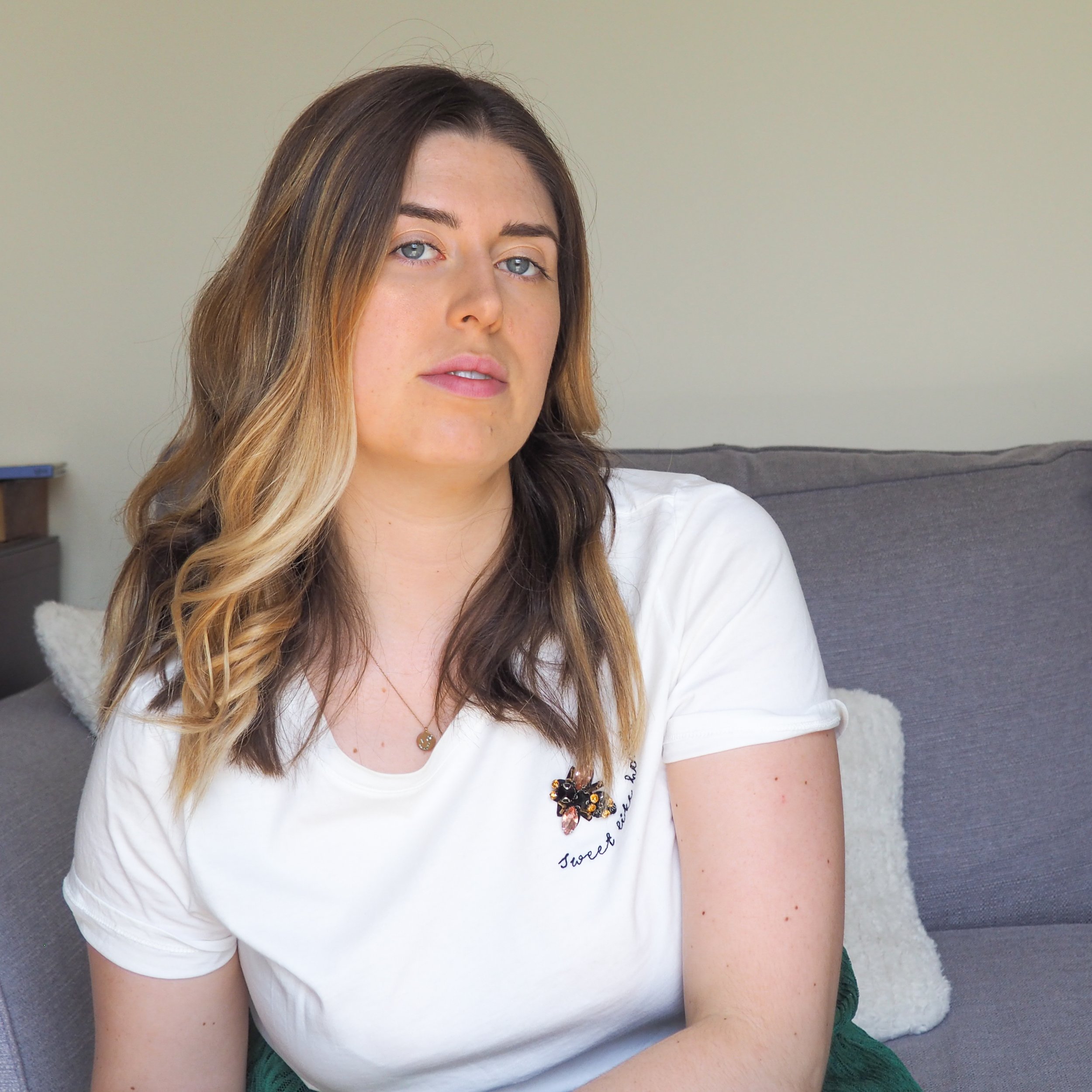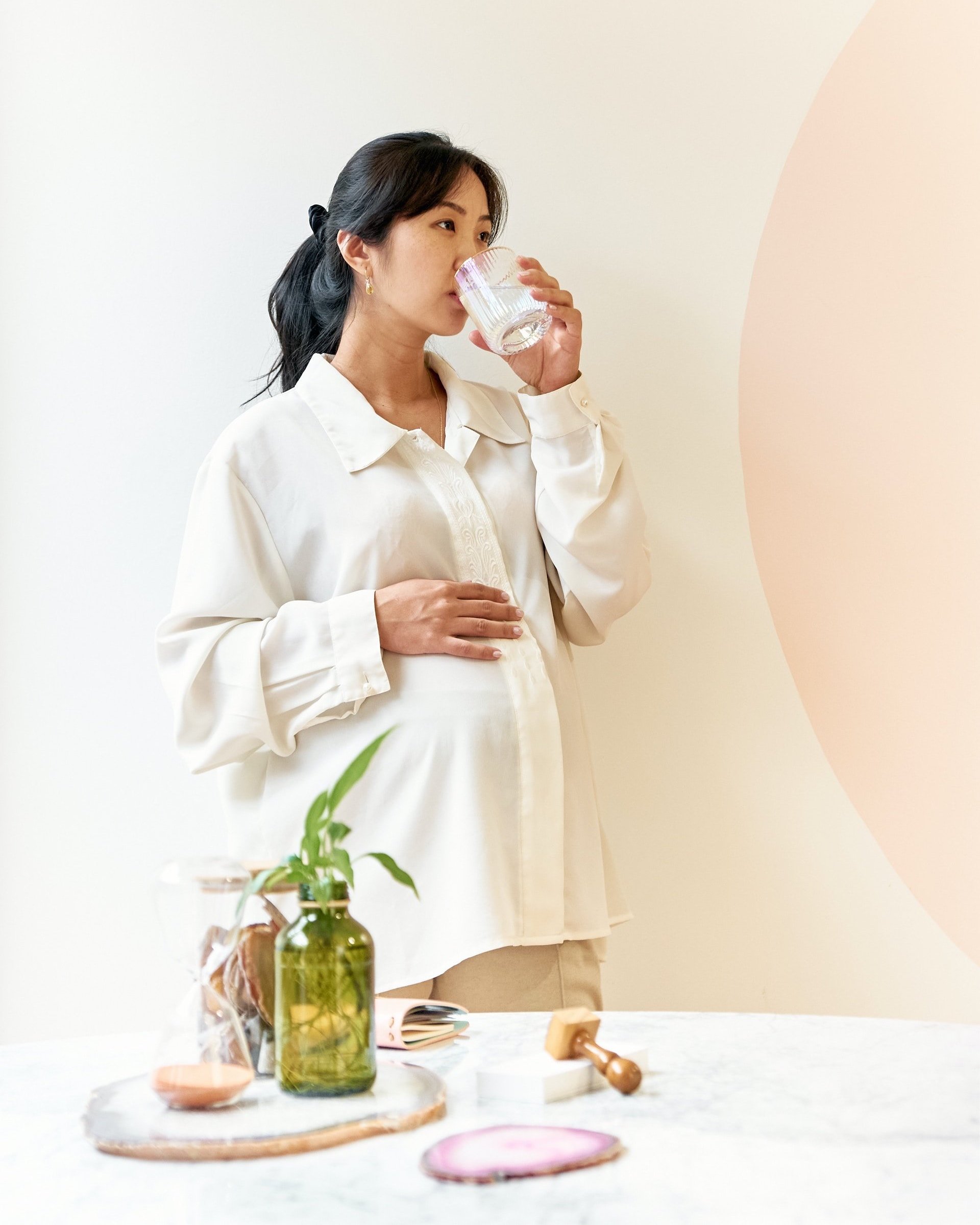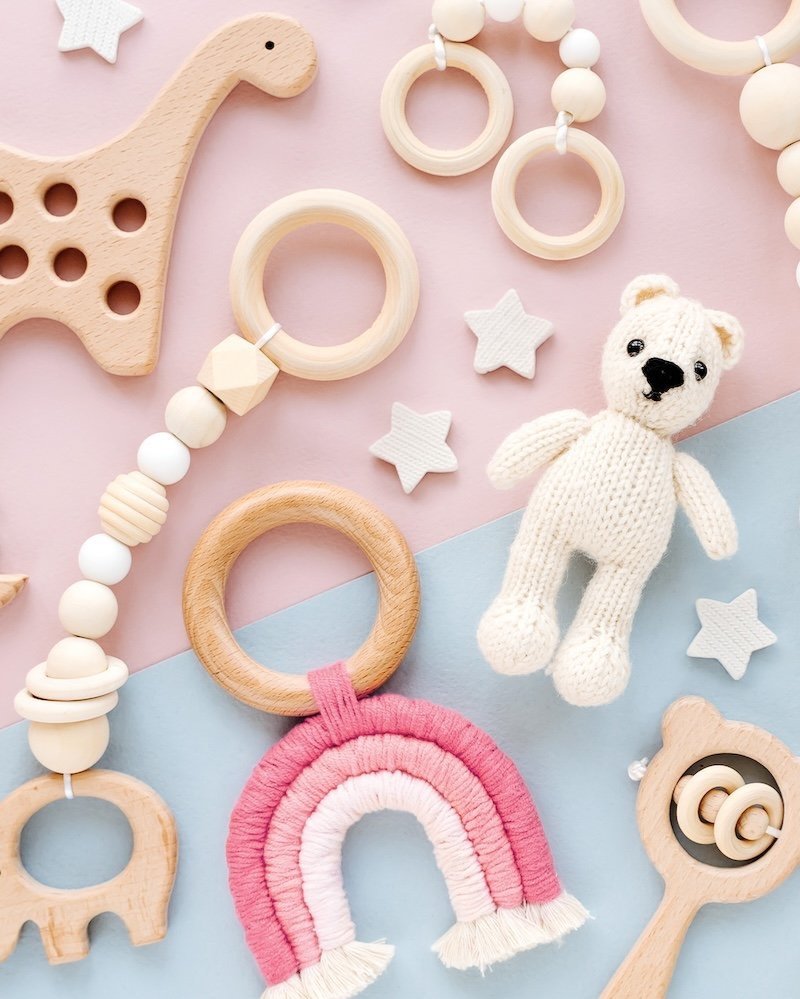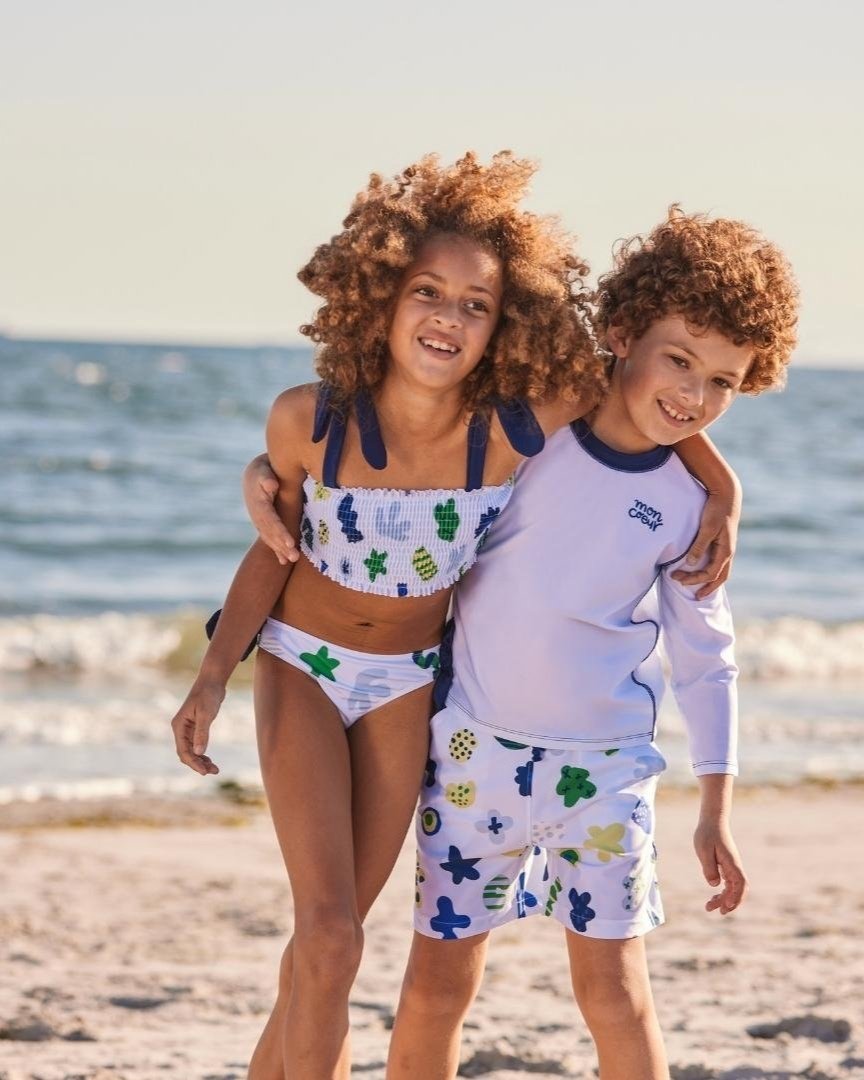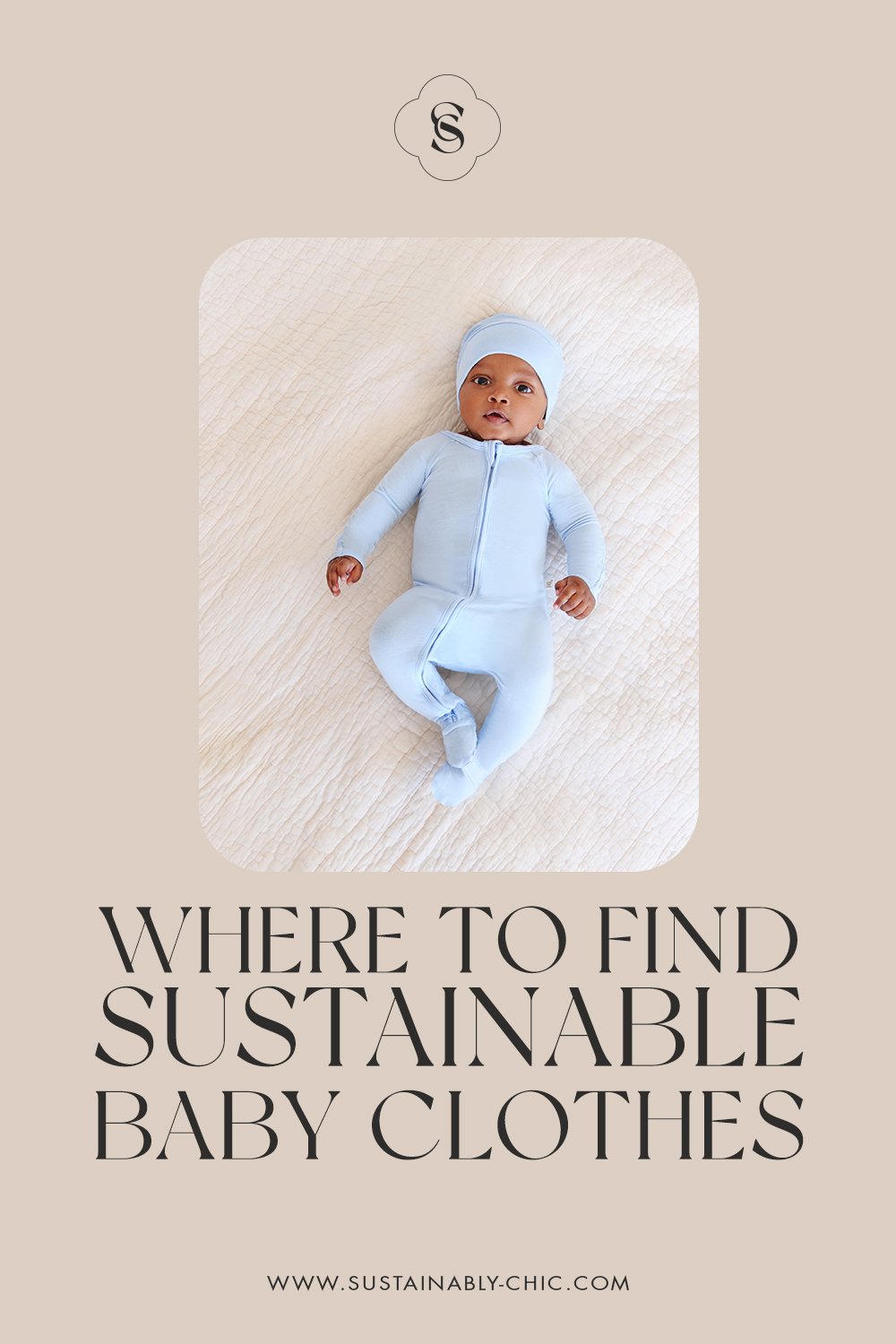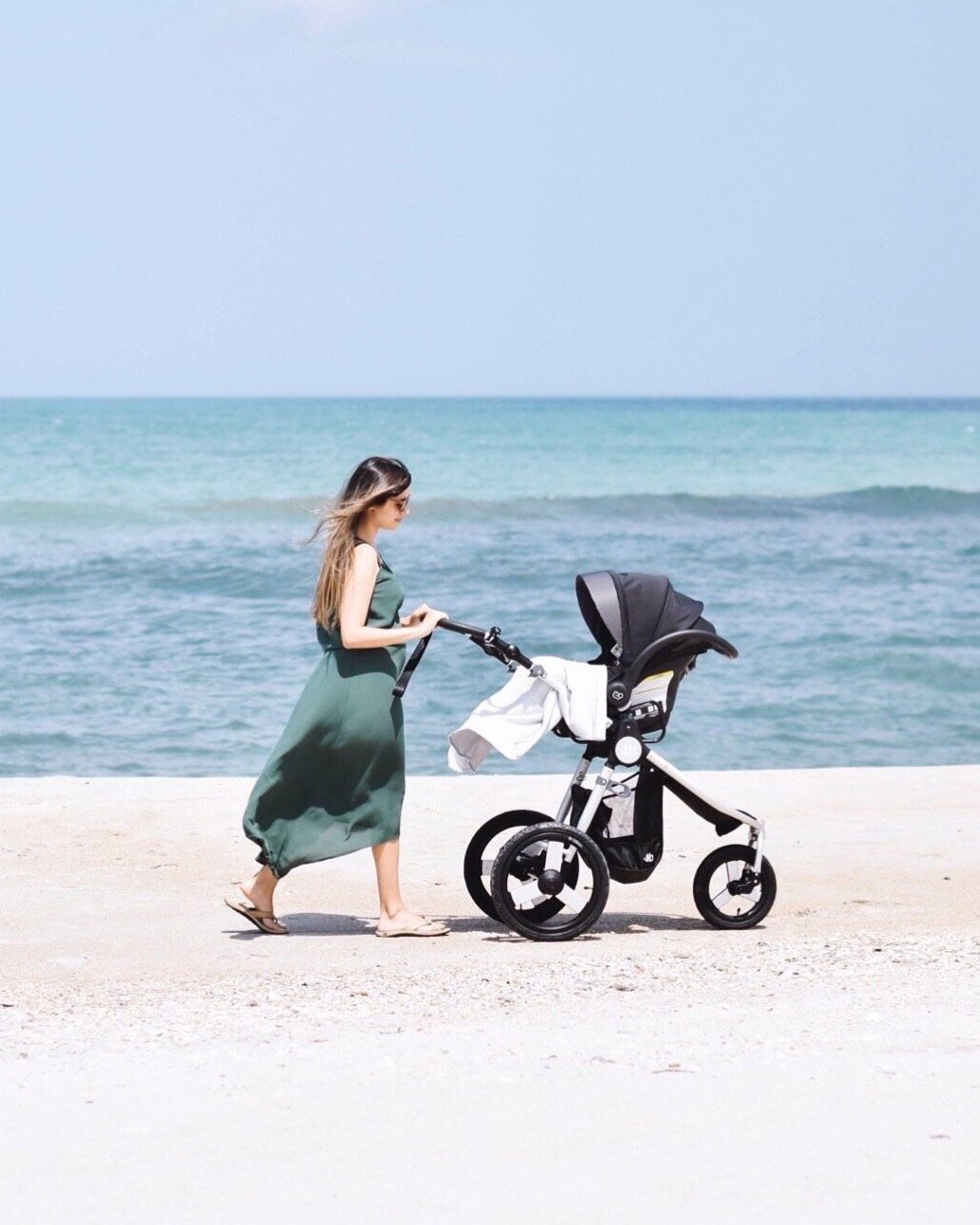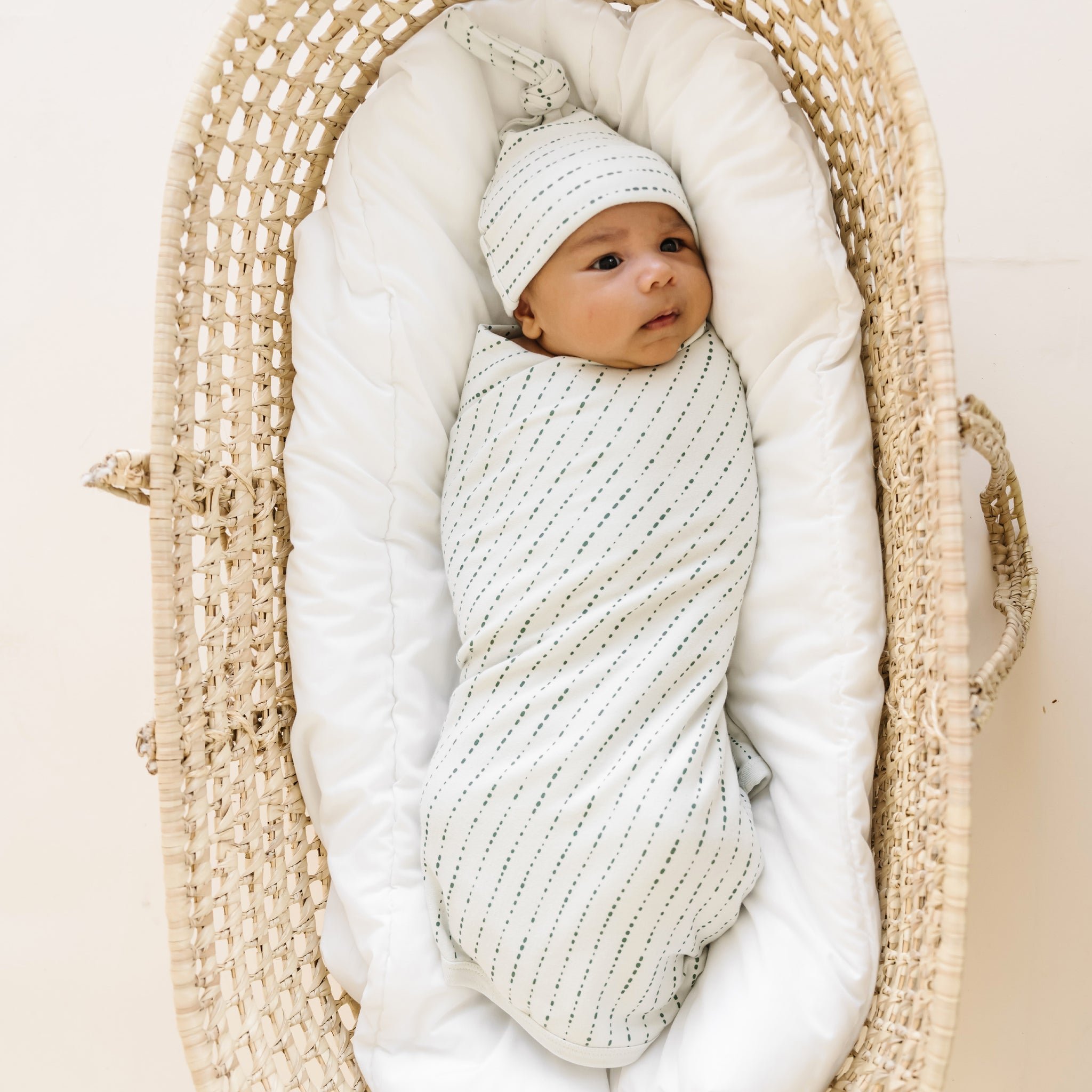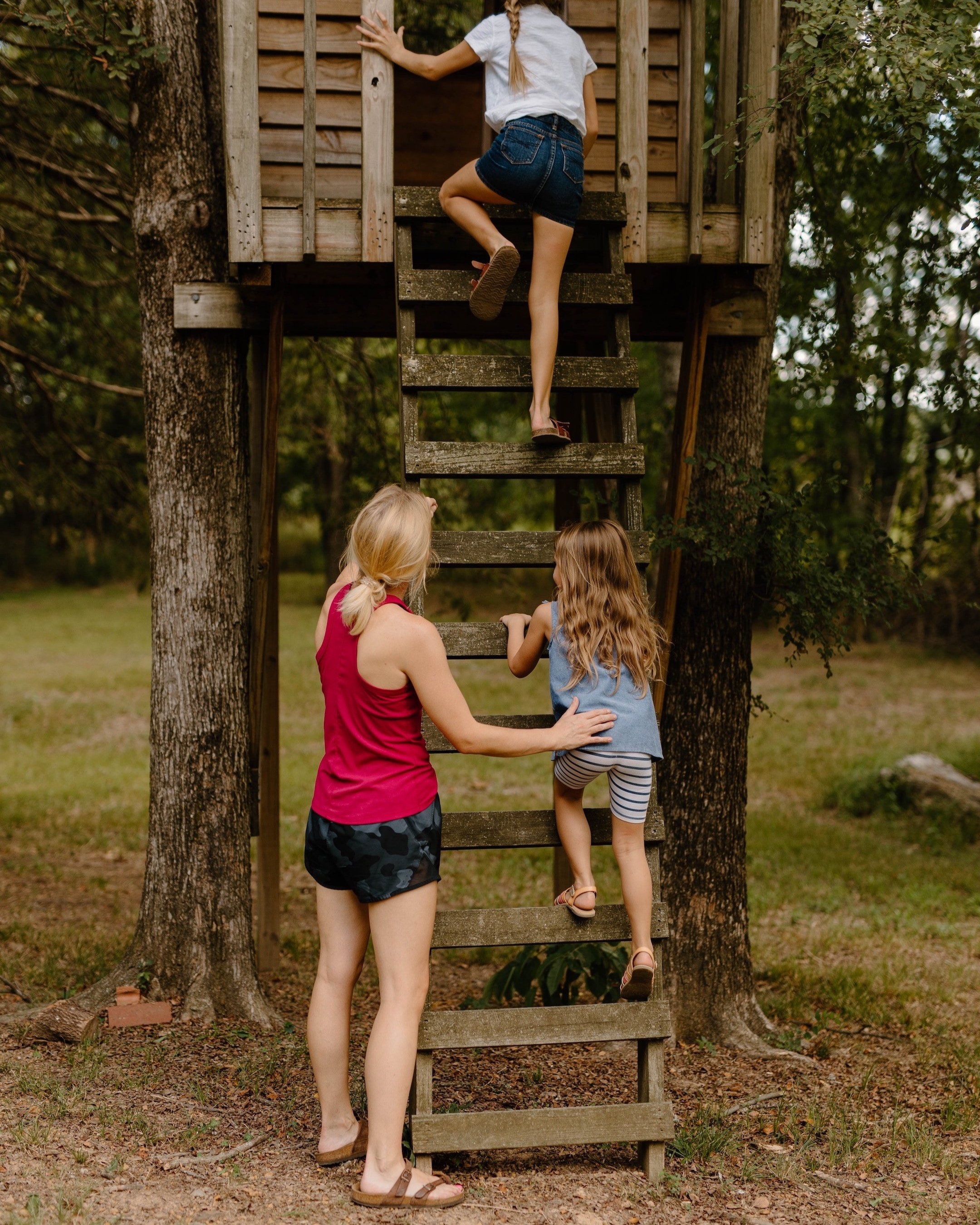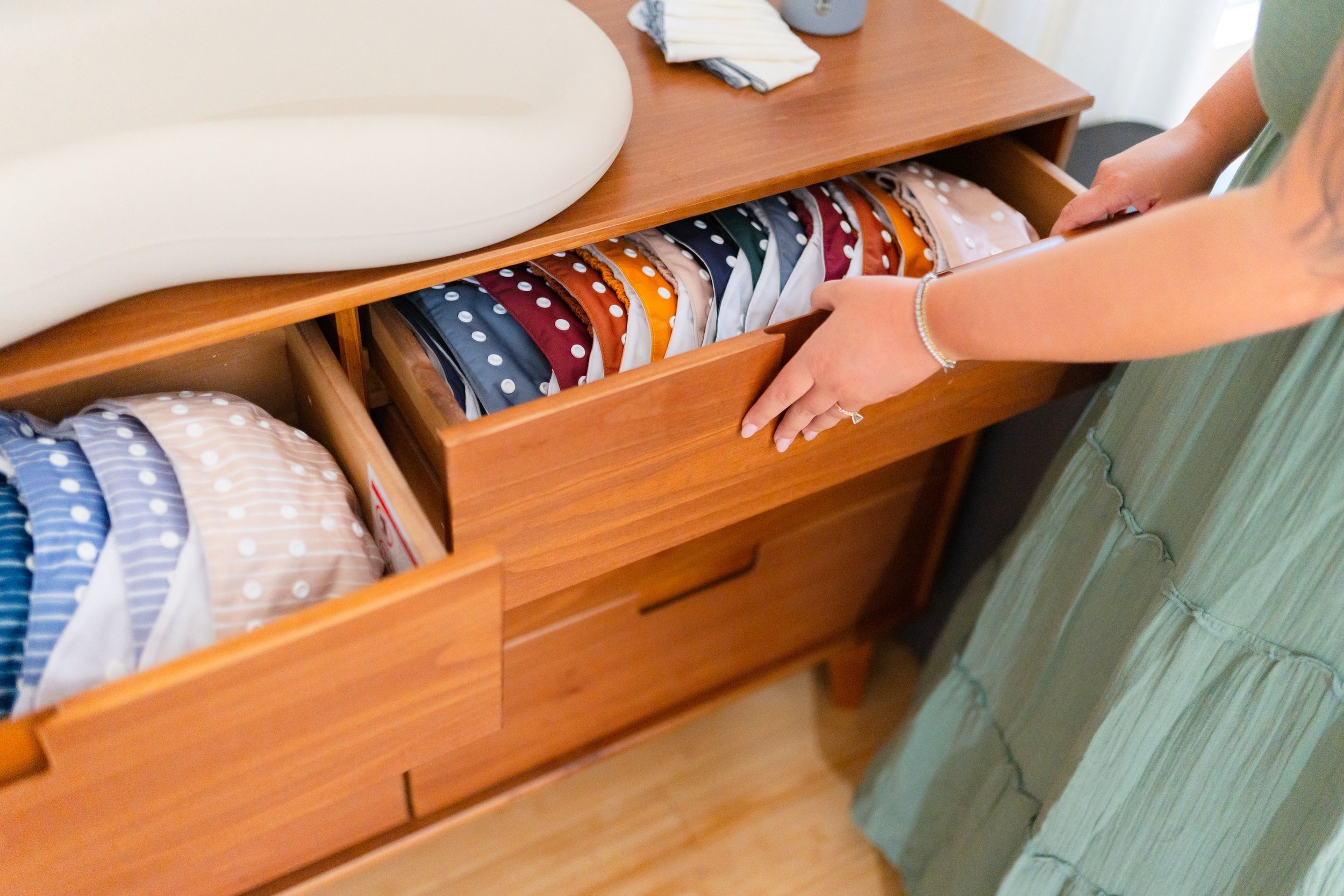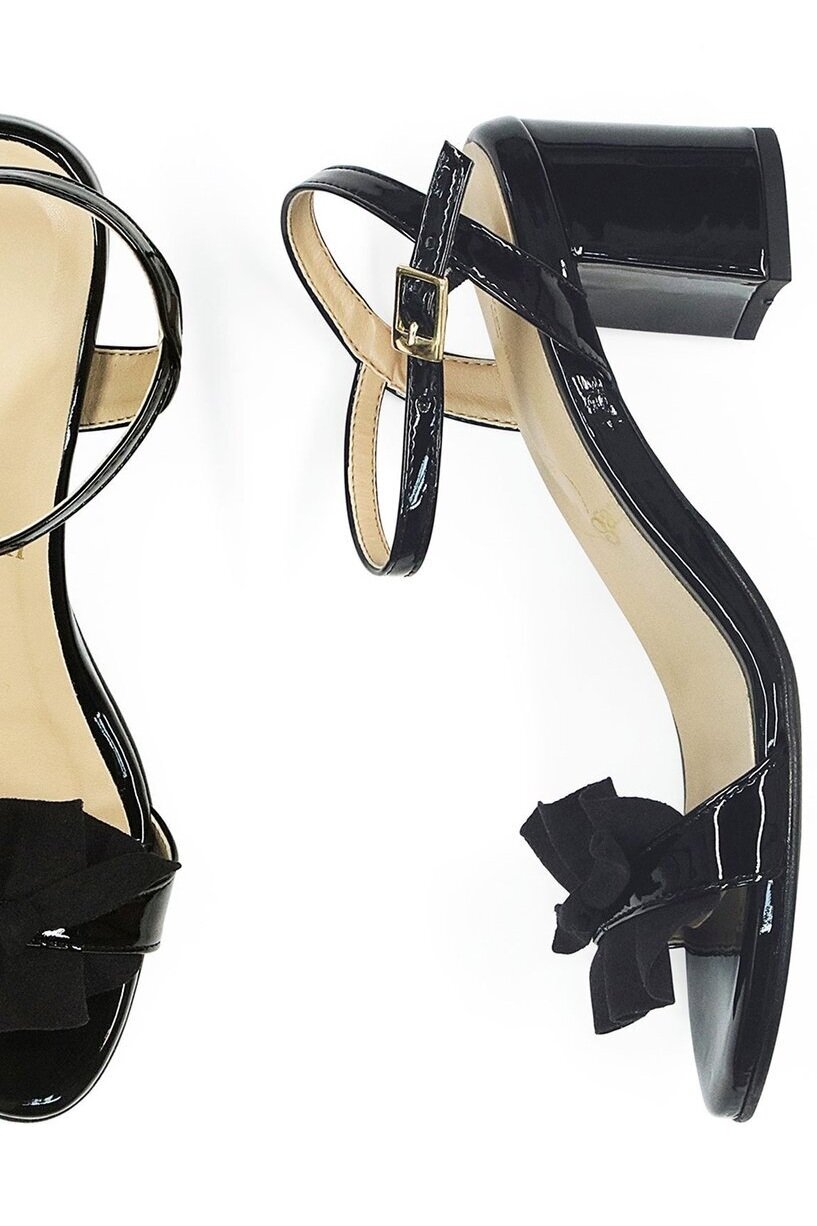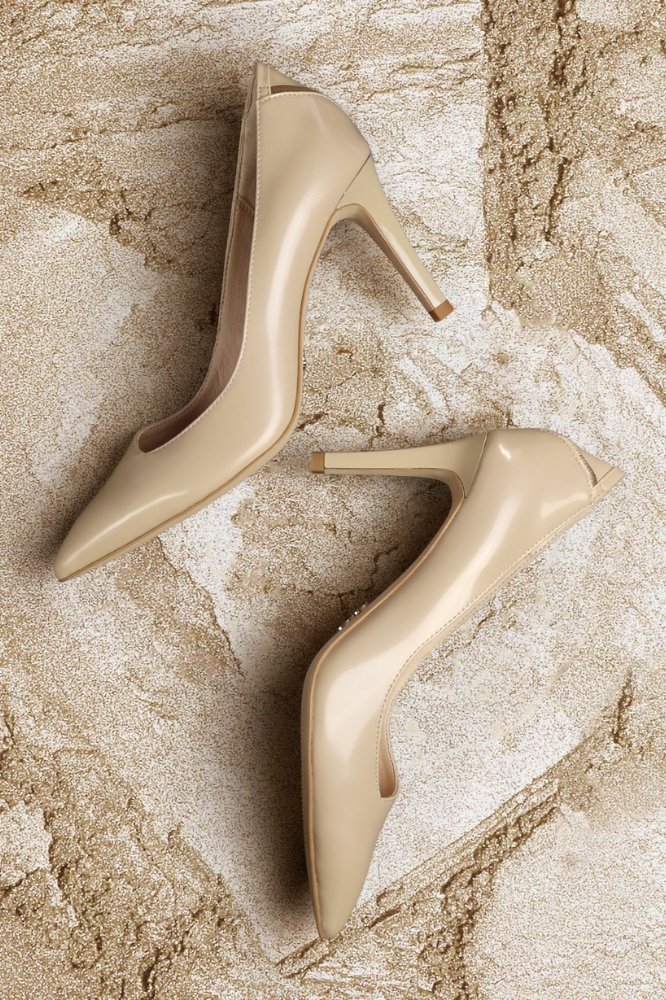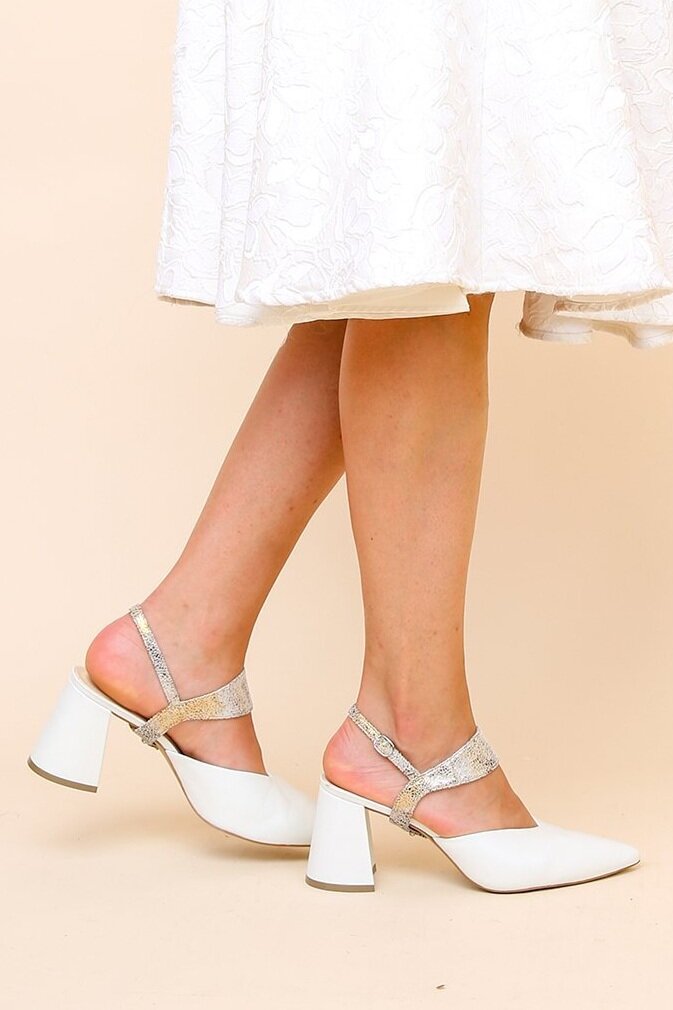Image: Wild Nutrition
Disclosure: Some of the links below are affiliated; we may earn a small commission if you click through and make a purchase. We only ever add brands & products we truly believe in. Thank you for supporting the brands who are working to make the world a better place!
The Best Sustainable & Organic Vitamins and Supplements
When it comes to your health, of course, you want the very best. Not just for you, but also for the planet. Looking for vitamins and health supplements can be daunting and difficult as most companies lack ingredient traceability and full transparency on their sustainability efforts. Don’t worry though, this list of 11 sustainable vitamin and supplement companies will make your shopping that much easier! Of course, always consult with your doctor before starting or making any adjustments to your health regimen.
What to look for when shopping for vitamins and supplements
Sustainable Packaging- Many companies package vitamins in plastic bottles which are usually recyclable but not always. You must remove all labels and since some are unable to be removed, they’re often not recyclable. Additionally, small plastic bottles cannot always be recycled due to falling between sorting facility equipment. Always check your community recycling guidelines to ensure any recycling materials are the correct size and material so it doesn’t contaminate the load. If you can opt for companies that use glass, post-consumer recyclable plastic, or compostable pouches.
Ingredient Traceability- Where your vitamin ingredients come from matters just as much as your food. Look for USDA organic or non-GMO certifications along with vitamins that don’t use fillers, synthetic ingredients, additives, colorants, and additional sweeteners.
Comprehensive Testing- You don’t want to waste money on products that haven’t been tested for purity or potency. Reputable vitamin companies stand behind their products with third-party testing that ensures their efficacy and quality.
Our Favorite Sustainable & Organic Vitamin Brands:
1. Wild Nutrition
Wild Nutrition is a B Corp Certified vitamin company that strives to create products with purpose. The vitamins available range from everyday essentials to kids and men, and you can even shop by your specific health goals.
Also, as part of their nutrition-forward approach, you can book a consultation call with one of their verified nutritionists to talk about your specific health concerns. Wild Nutrition's packaging is made with the Earth in mind as they use plastic-free refill pouches, recyclable glass jars, and biodegradable materials.
The company also tried to source its materials and ingredients locally whenever possible. Wild Nutrition works with non-profits like One Tree Planted and Oceans Generation to further the community impact.
2. Form Nutrition
Form Nutrition is built on the principle that you can be your best self while being mindful of others. The products range from supplements and nootropics to protein powders. All of their products are vegan and free from gluten, GMOs, and soy. Take the Form quiz to determine the best vitamins and supplements for your goals that work together to help you feel your best.
If it all sounds too good to be true, you can also research the claims for each product with the provided published medical journals with scientific data on each product page.
Form Nutrition provides lots of information and frequently asked questions so you can feel confident in your purchase. Additionally, every purchase helps support the Form Feeding Fund which provides food, pharmaceuticals, and transportation for patients at Bansang Hospital in The Gambia. Not only is Form Nutrition B Corp Certified, but all packaging used is compostable and recyclable. The vitamins are packaged in glass bottles, and the protein powders use compostable pouches and no wasteful plastic scoop required, just a tablespoon you already use.
3. New Chapter
New Chapter has been committed to social and environmental responsibility for decades.
As a certified zero waste to landfill company, more than 80% of the waste produced is composted, recycled, or reused.
You can shop the diverse selection of vitamins and supplements by key ingredient or health need.
Since New Chapter believes in the science of quality ingredients working together, all products are free from binders, fillers, artificial colors, and flavors with zero added sugars or sweeteners.
New Chapter is a Certified B Corporation and takes the time to select product suppliers carefully to ensure the most socially responsible and environmentally conscious supply chain possible. They have also started to embrace regenerative agriculture to help restore the land needed for growing crops. As a company that is devoted to wellness, New Chapter recognized the need for active diversity, equity, and inclusion. Their team features an employee-led DEI committee that helps ensure the company accurately represents the world they serve with their products.
4. Mind Body Green
Mind Body Green believes in science-based holistic well-being and recognizes that we need help to optimize our health in a modern world. The product line goes beyond your average supplements, and all their products are organic where possible.
If you want to get more greens into your system or support your body with more everyday nutrients, Mind Body Green has everything from immunity boosters to focus supplements. All the products undergo four rounds of comprehensive testing to ensure quality and potency.
Mind Body Green is also dedicated to sustainability in its packaging with recycled packing materials and the use of recyclable glass jars and bottles.
5. Plant People
Plant People creates doctor-formulated, regenerative-organic, plant and mushroom supplements that unlock the potential in people. Their products are non-GMO, cGMP, vegan, and junk-free (parabens, sulfates, fragrances, etc.).
They are also B Corp Certified and Climate Neutral Certified, and they plant a tree for every product sold! Their WonderCalm is a daily super mushroom and herbal gummy to ease stress and anxiety, promote a good mood, and provide a sense of relaxation when you need it most.
It includes ingredients like L-Theanine, Ashwagandha, Reishi, and Rhodiola in a gummy with the delicious flavor of ripe peach.
6. HUM Nutrition
HUM Nutrition is on a mission to be the leader in beauty nutrition. HUM Nutrition products are vitamins created to help you glow from the inside out for skin, nails, gut health, prenatal, or immunity. The products are triple tested for purity, made in the USA and Canada, and verified by independent labs for potency with clinical testing and studies. All packing materials are sustainable by using ocean-bound plastic bottles that are fully recyclable and shipped in boxes made from SFI and FSC certified materials using wind energy. HUM is also safe for many dietary needs as they contain no artificial sweeteners, gluten, or GMOs.
7. The Nue Co.
The Nue Co brings together science-backed health and natural innovation for their vitamins and supplement products. You start with a consultation to determine a personalized plan created by Nue Co’s health experts to target your specific health concerns. There are monthly subscription options to keep the vitamins flowing, or you can make a one-time purchase. All vitamins are organic, vegan, and gluten-free where possible and always cruelty-free. The Nue Co only uses clinically-proven ingredients and blends practices from Ayurvedic and Chinese medicine.
The formulas used are sustainably sourced, organic when possible, and don’t use additives, artificial flavorings, or sweeteners but instead focus on results. All packaging is recyclable, the primary American lab uses solar energy, and 1% of online revenue is donated to Charity: Water. The Nue Co wants human health and the Earth’s health to thrive and prosper because they believe it is all intrinsically connected.
8. Garden of Life
Garden of Life is a Certified B Corp, LEED-certified, Carbon Neutral, and all product ingredients are traceable via a third-party for USDA organic certification and Non-GMO project verified.
Garden of Life also prioritizes packaging sustainability with 100% recyclable packaging with vegetable ink and uses post-consumer recycled plastic. In addition, their supplements and vitamins focus on whole foods and use only the ingredients your body really needs without additional fillers.
9. Herbaland
Herbaland specializes in gummies that are sugar-free, gluten-free, vegan, and non-gmo.
In addition, there are multiple vitamin lines to cover your essential vitamins, specialized supplements, active health, and even a collection specially made for kids!
Herbaland Gummies are made in Canada and committed to creating products that are good for the Earth’s health and yours. With 100% compostable pouches, Herbaland is on track to have fully sustainable packaging by 2023.
Ingredients are sustainable and locally sourced raw materials tested by independent third-party companies.
Herbaland is also 100% carbon neutral and is partnered with Veritree to plant one tree for every vitamin pouch purchased
10. Further Food
Further Food is a women-owned company that is taking steps to be a leader in the health industry by combining ancient medicine with modern nutrition.
On staff are naturopathic doctors, herbalists, holistic nutritionists, and health coaches to create well-rounded nourishing products.
Specializing in collagen powders with superfood blends and health supplements, all Further Food products are made with whole food ingredients.
Target your health concerns and shop by health goals from stress support to sugar detox or immunity-boosting supporting elderberry syrup; you will find a blend of Eastern medicine and Ayurveda, as well as modern science. In addition, Further Food is the first company to offer collagen packaged in post-consumer recycled jars and shipped in recyclable envelopes.
11. Vital Plan
Vital Plan aims to recreate the supplement industry and do so responsibly and consciously.
From preventative health to restorative health, Vital Plan offers a lot of choices for health supplements.
Using comprehensive testing and inspections by reputable third-party companies, creating quality products while upholding the highest social and environmental performance standards, accountability, and transparency is a family business for Vital Plans.
A father-daughter duo created Vital Plans and recognized that good health is only as good as the planet we have to enjoy it on.
As a result, vital Plans is B Corp Certified, supports 1% For the Planet, and EWG certified.
About the Author
Karmen Flores is a creative entrepreneur based in Michigan. Karmen shares all about plant-based and sustainable, intentional living on her blog Karmen Collective. From recommendations for all things plant-based to tips for living more sustainably, Karmen makes living with intention less intimidating and more accessible. You can connect with Karmen on Instagram @karmencollective and at www.karmencollective.com
MAKE SURE TO PIN THE PHOTO BELOW TO SAVE THIS POST FOR LATER!
WANT MORE SUSTAINABLE BRANDS? VISIT OUR BRAND DIRECTORY!
Our Brand Directory is home to hundreds of sustainable brands, from makeup to cleaning supplies, from underwear to shoes. We have broken everything down by category for easy shopping, along with discount codes unique to Sustainably Chic viewers.















